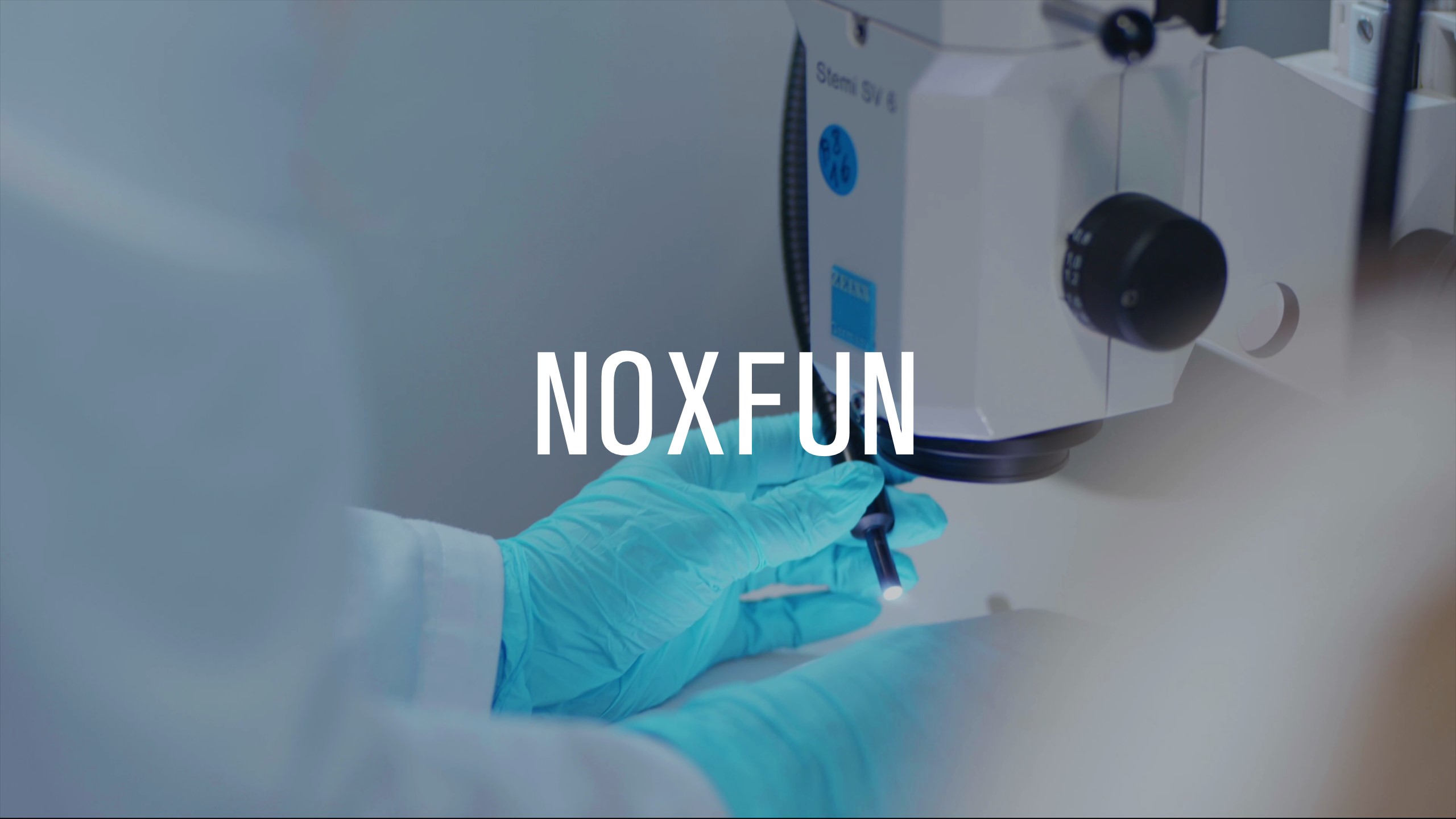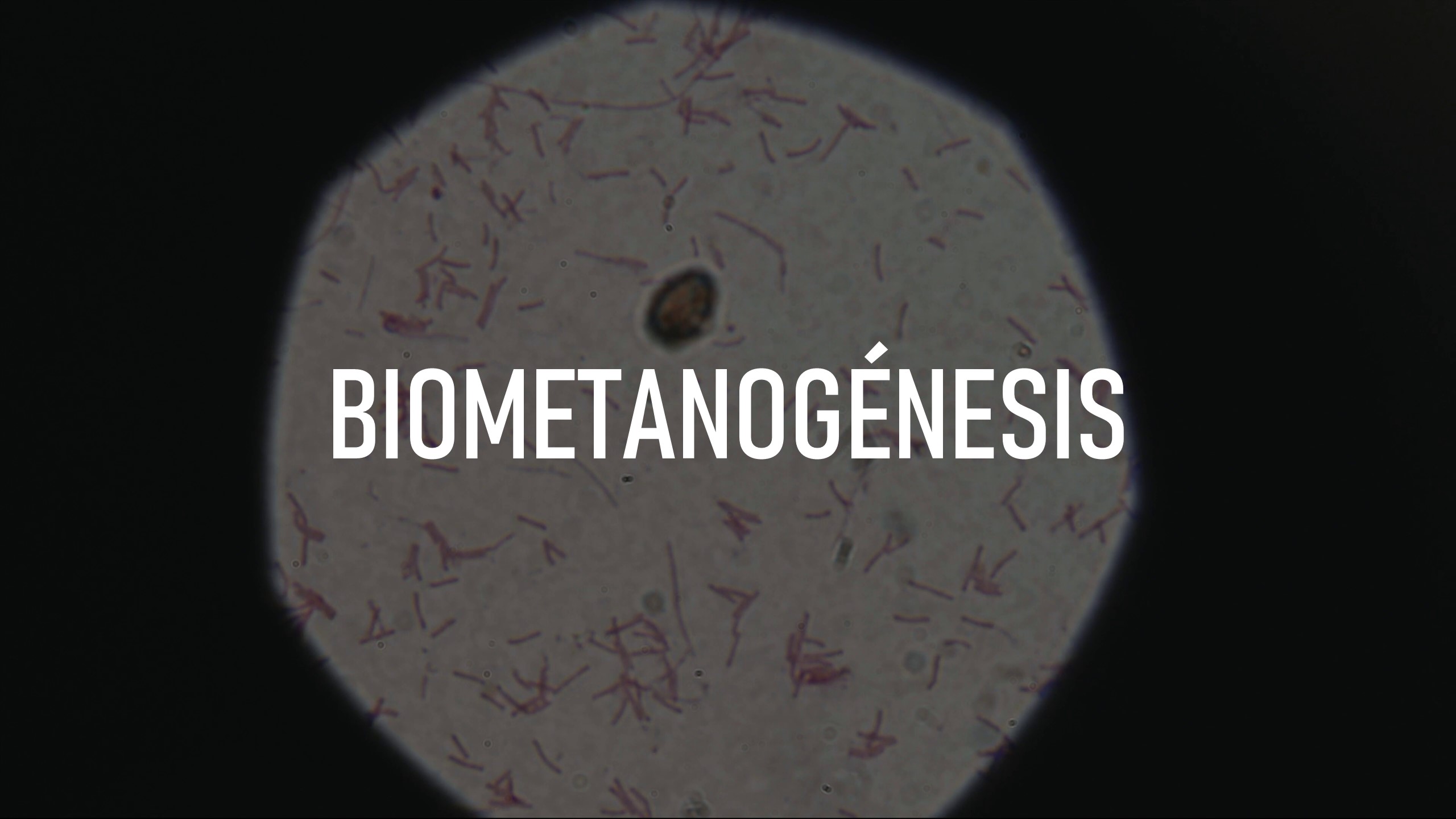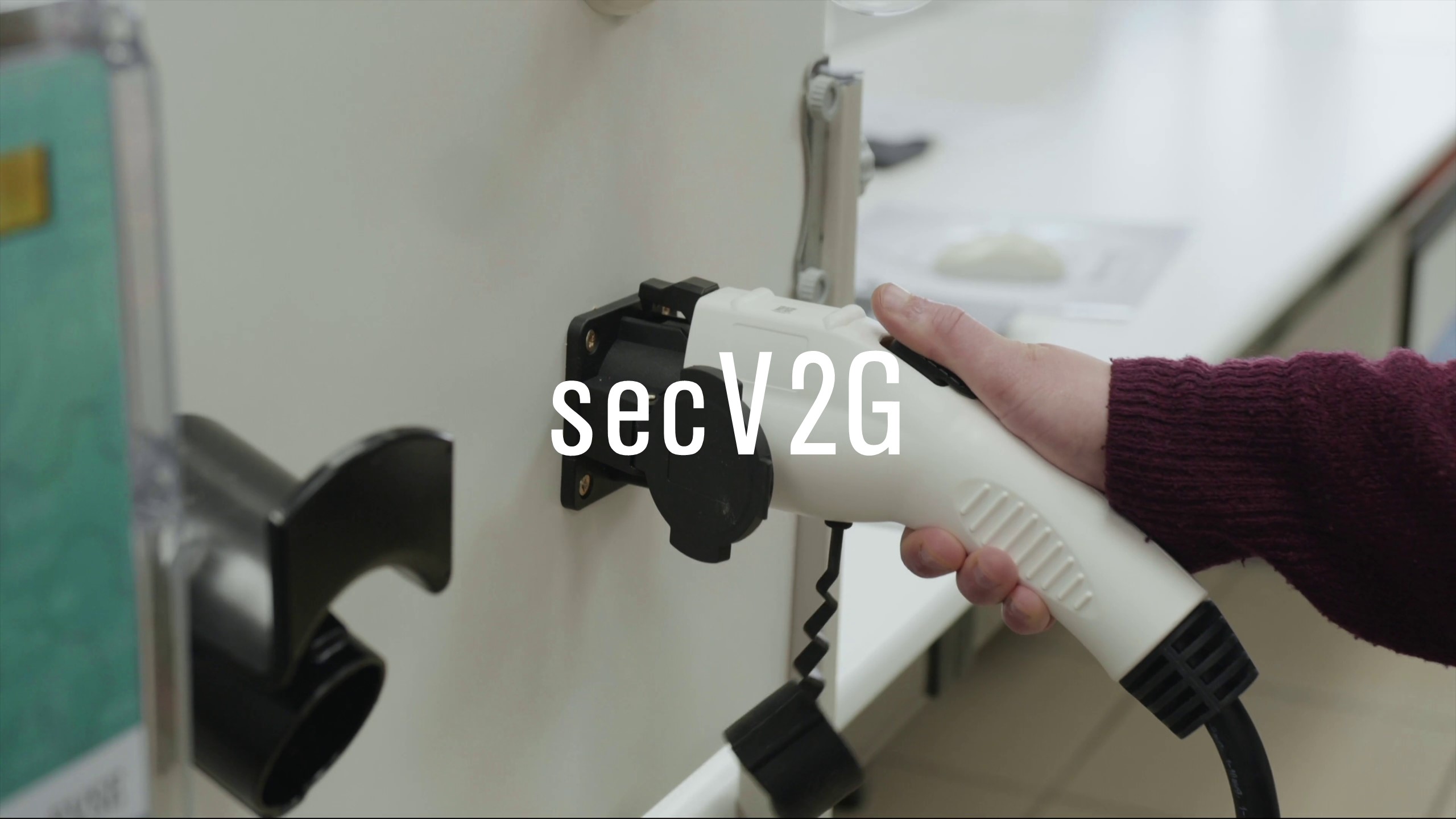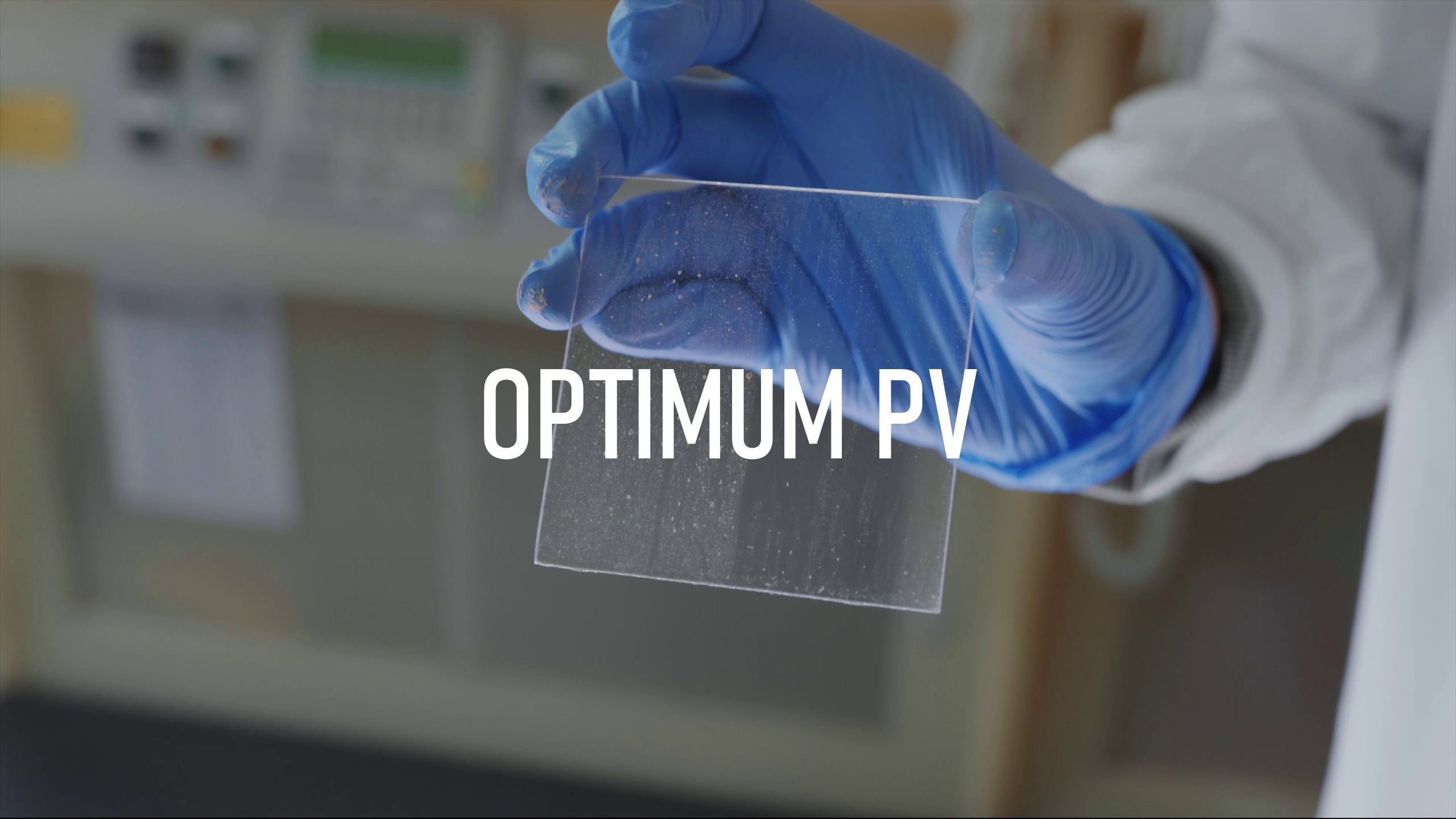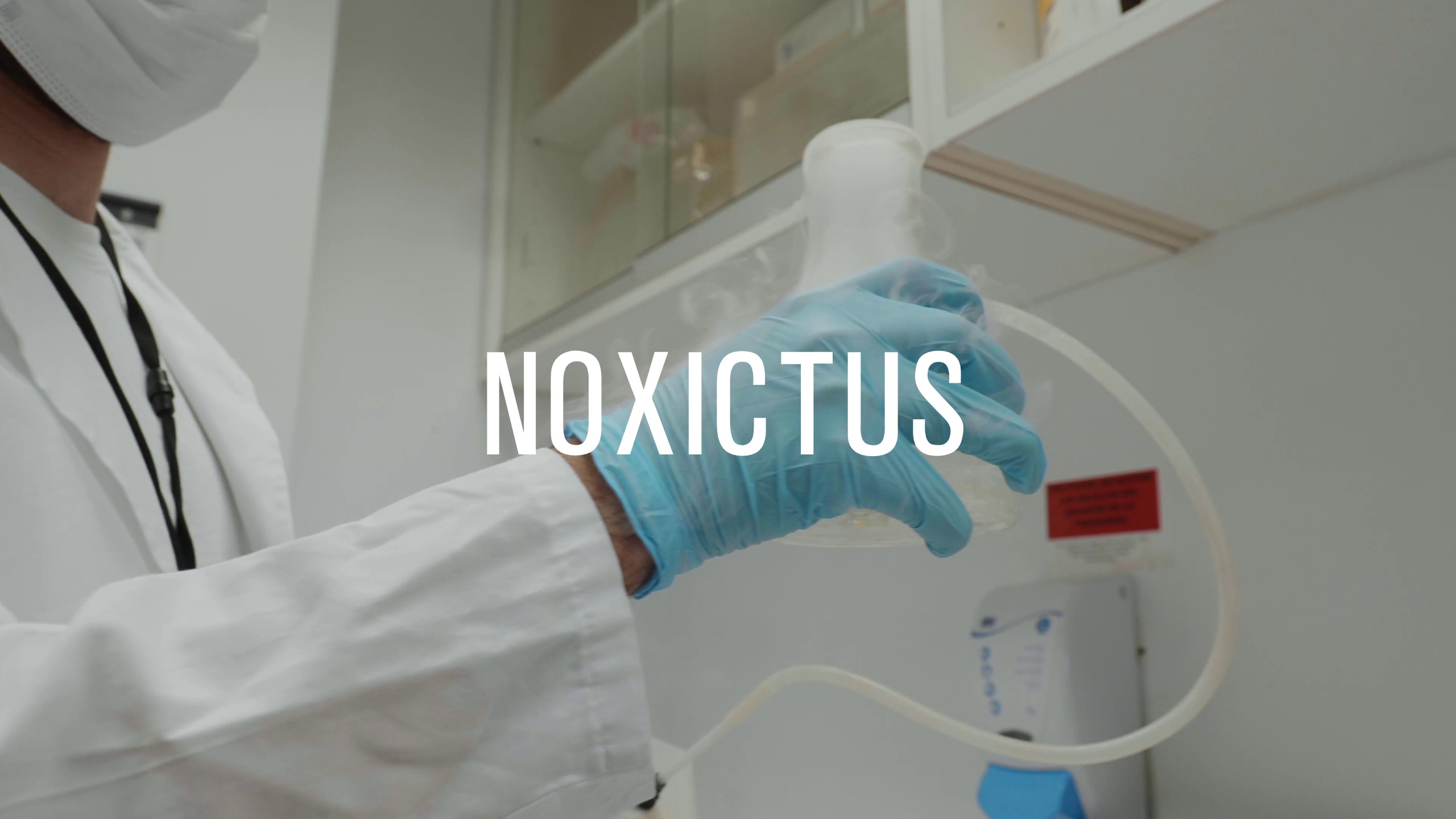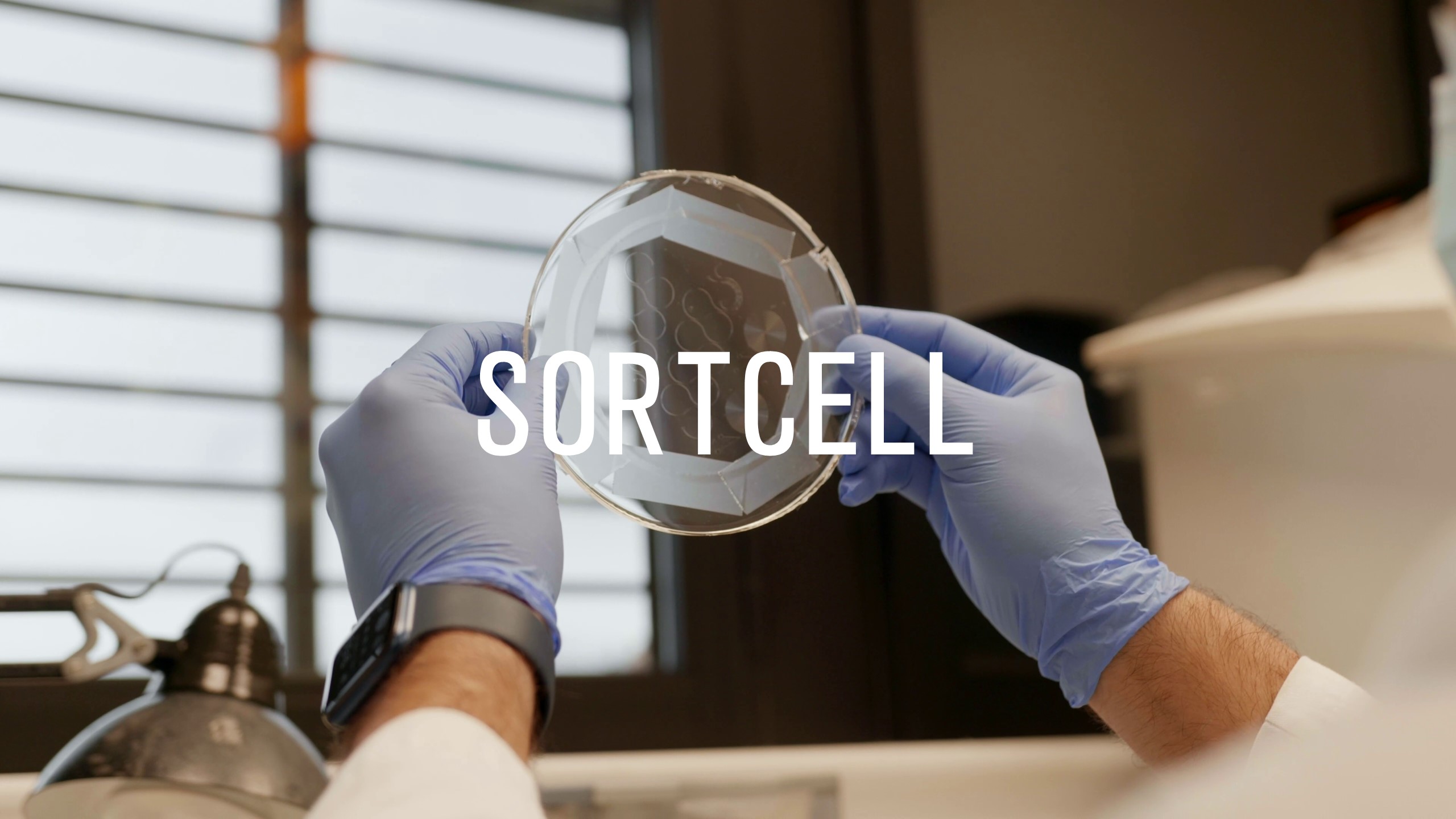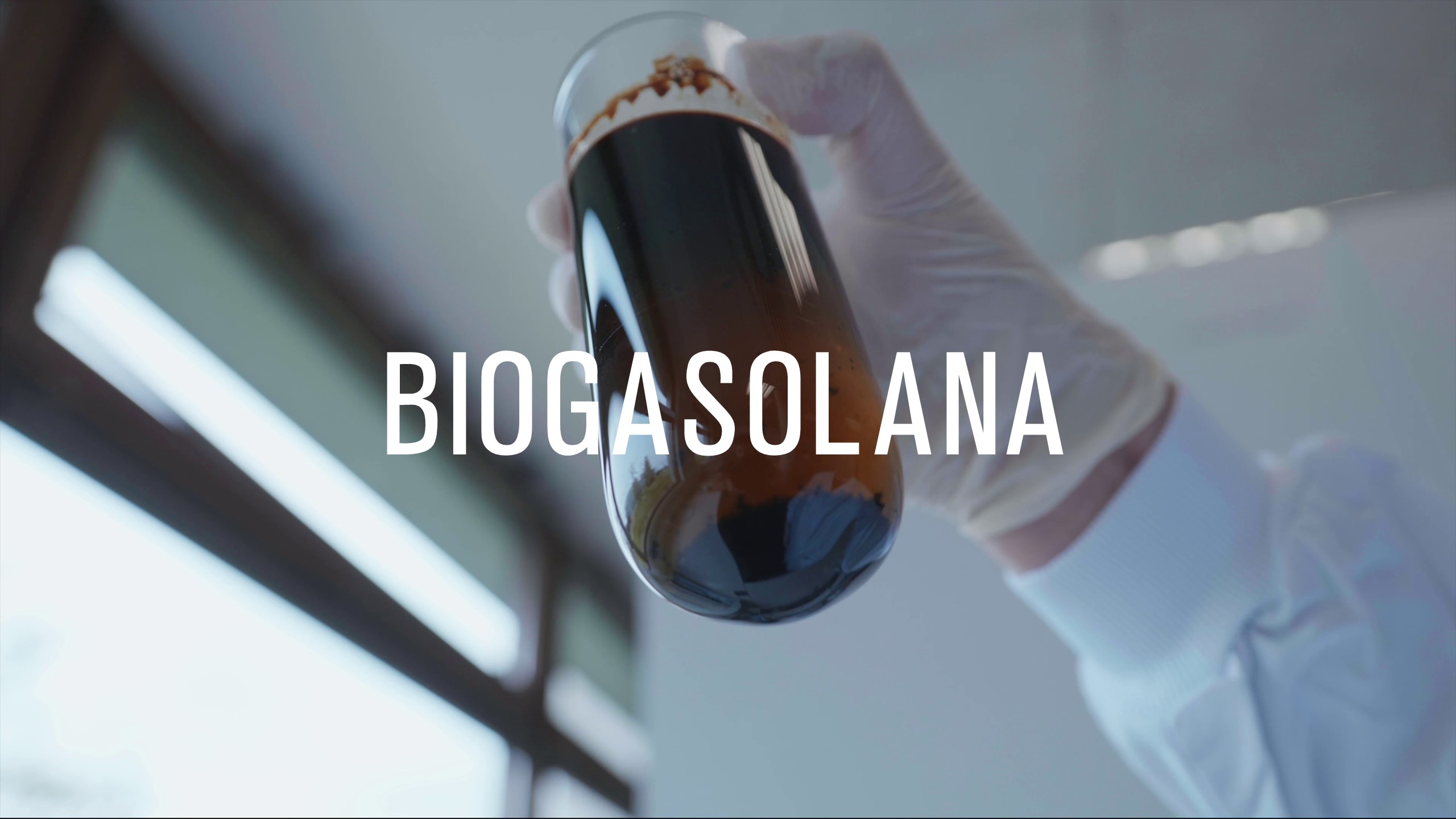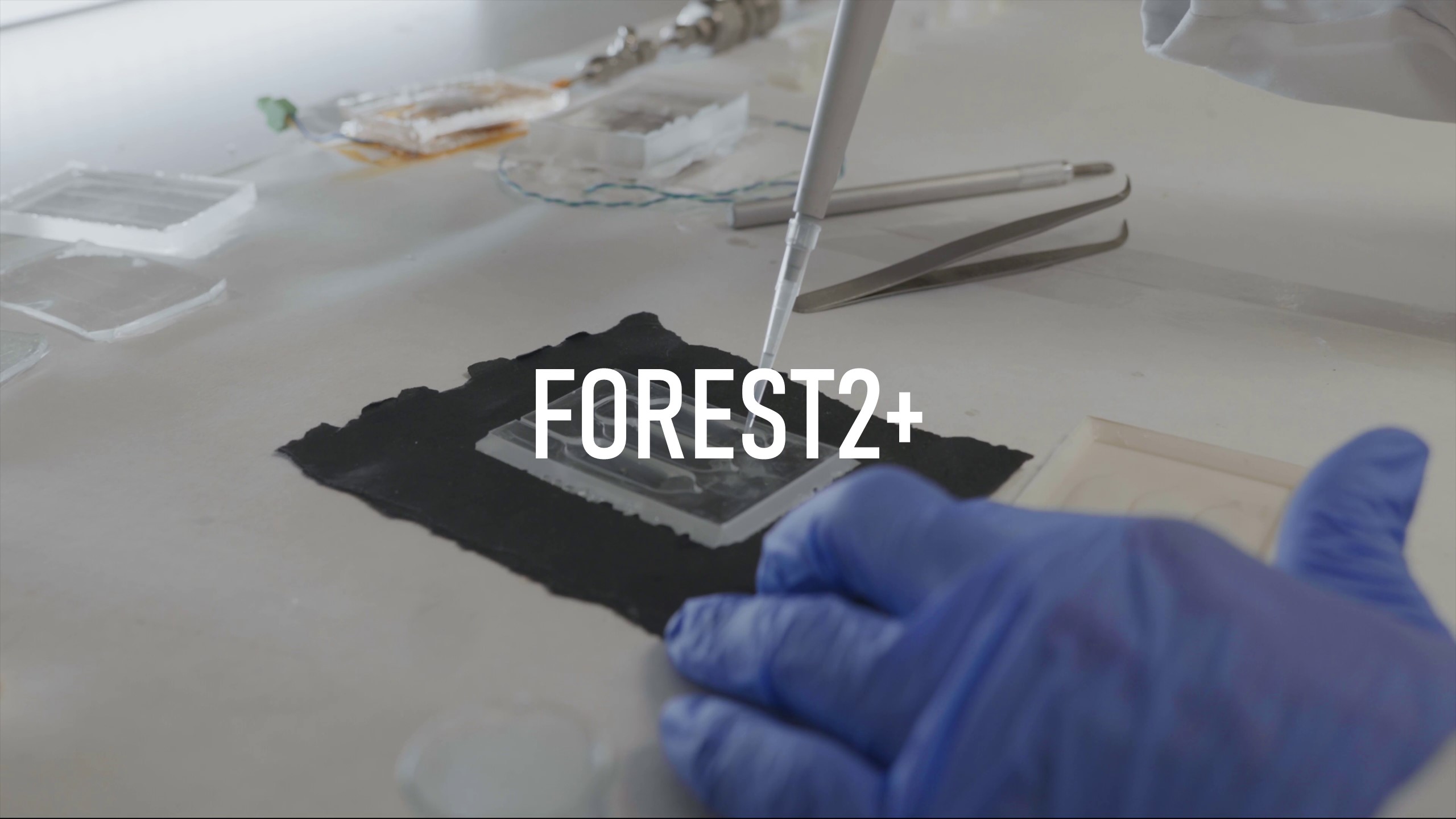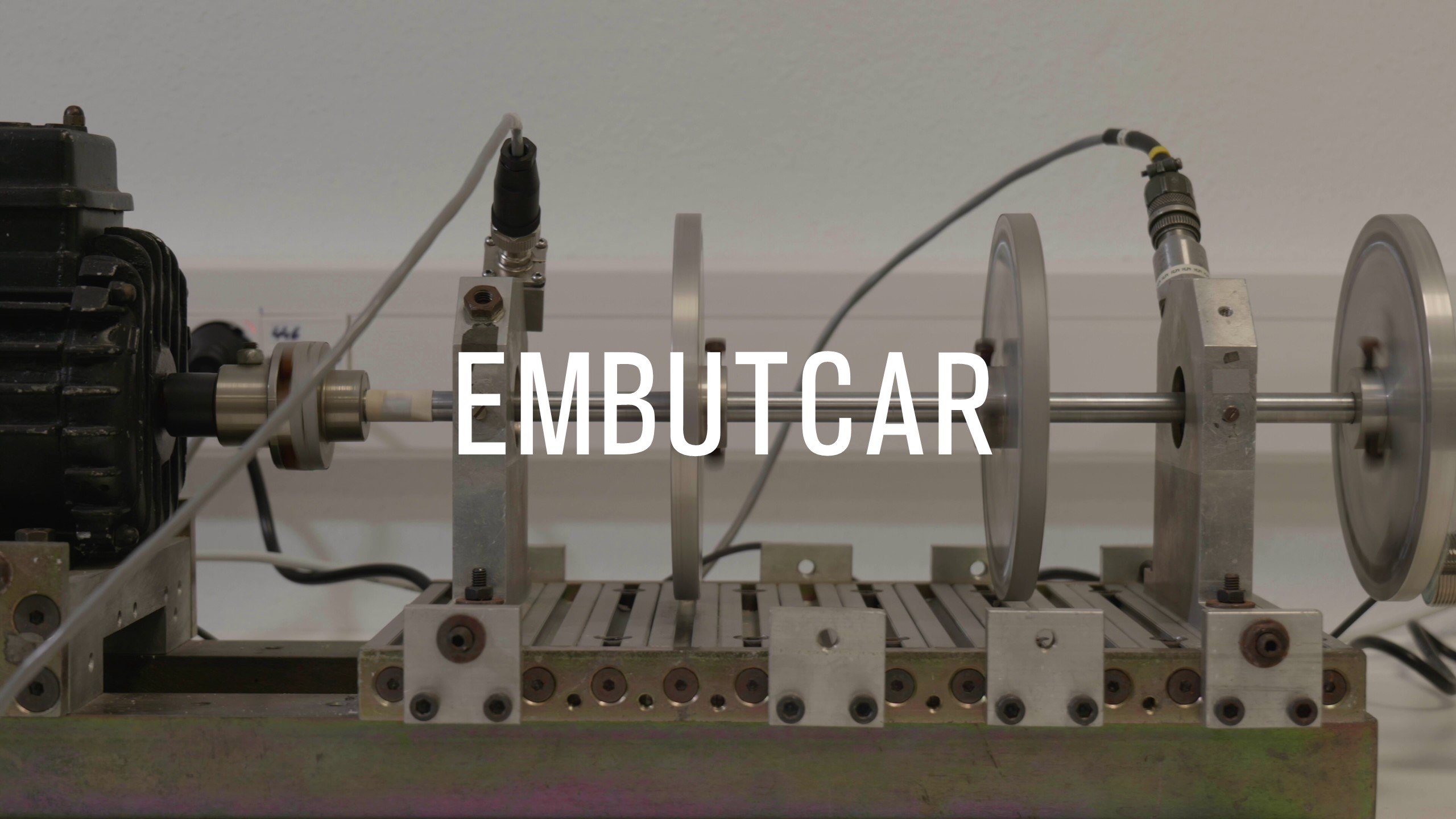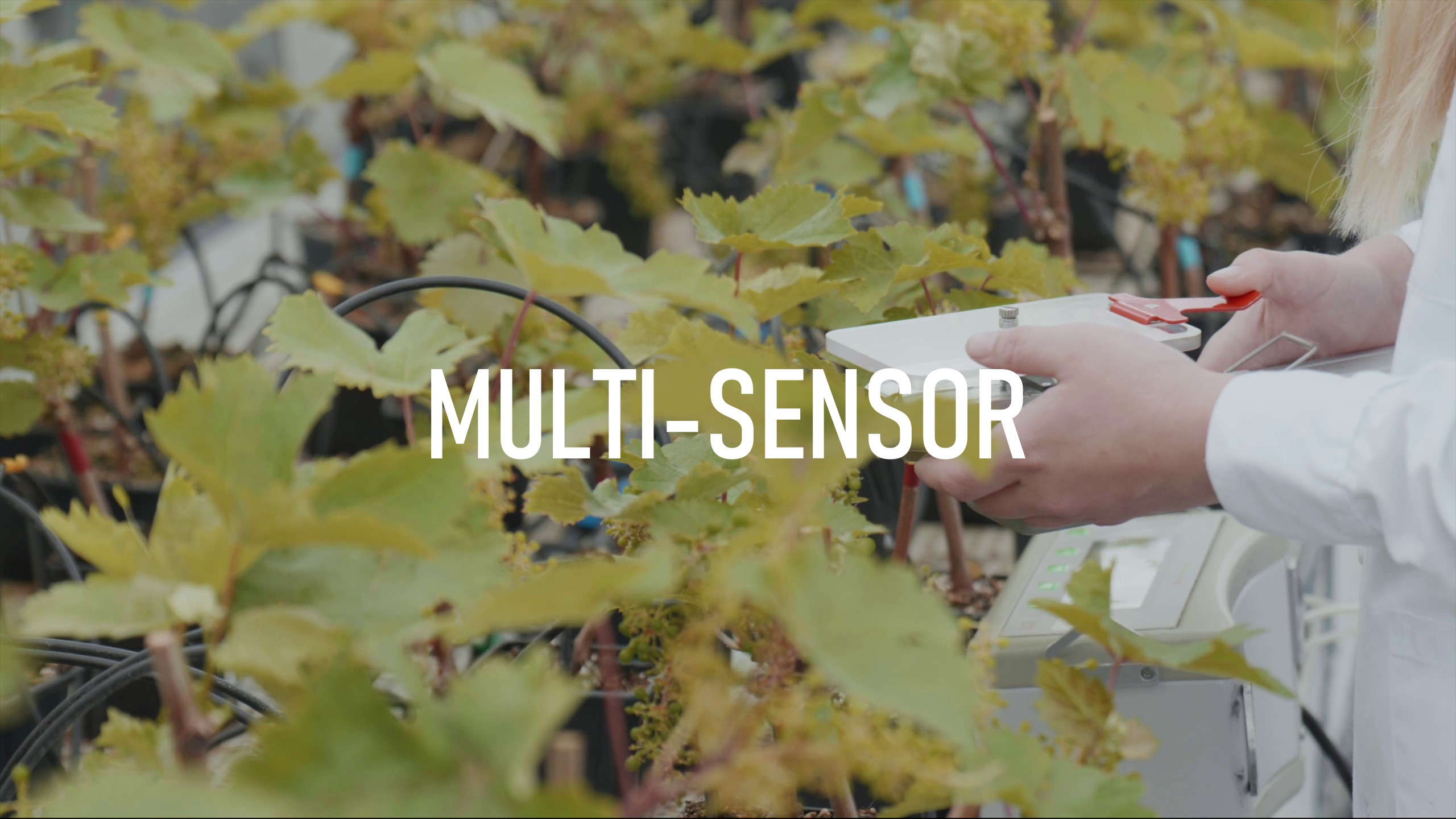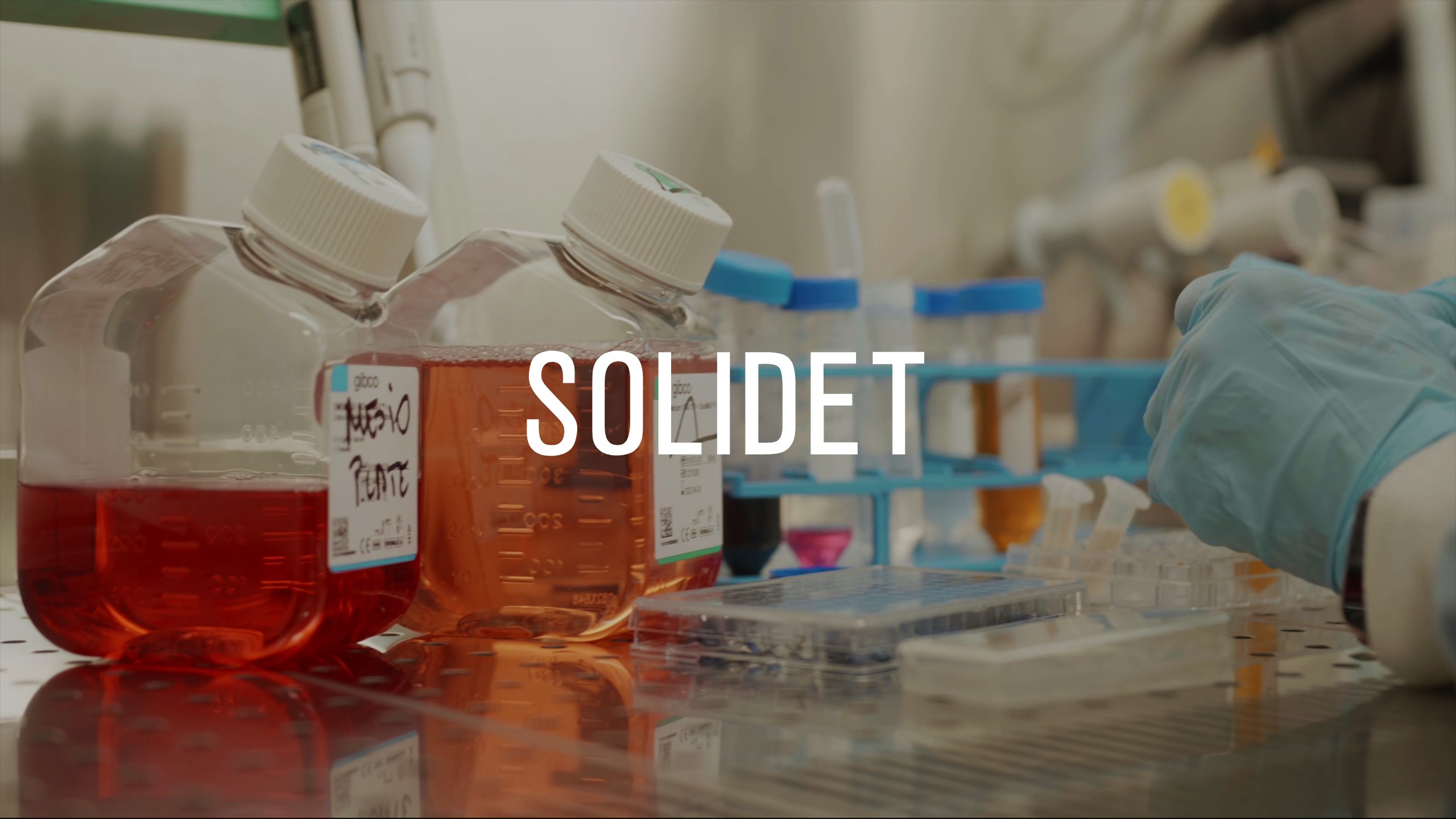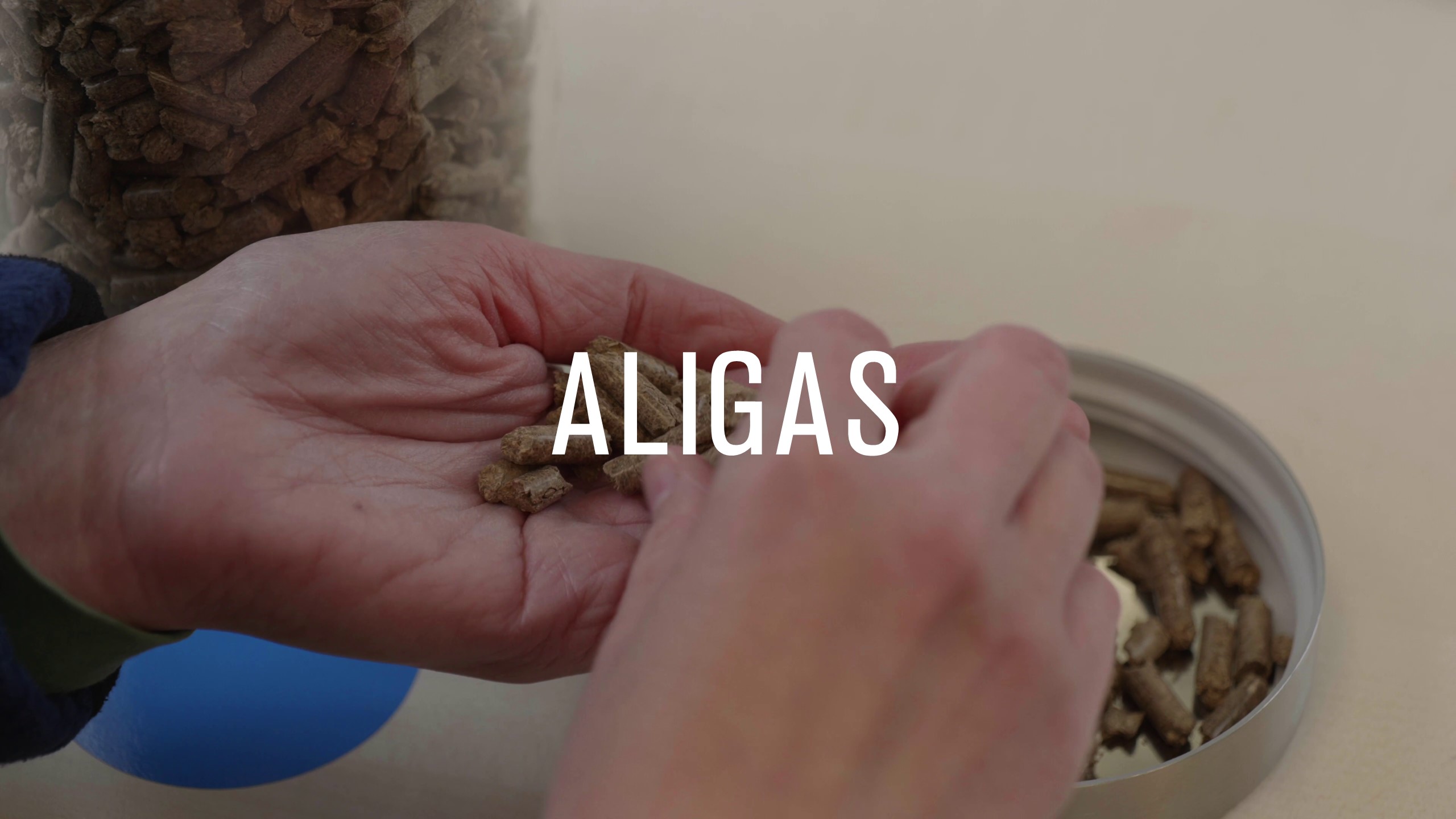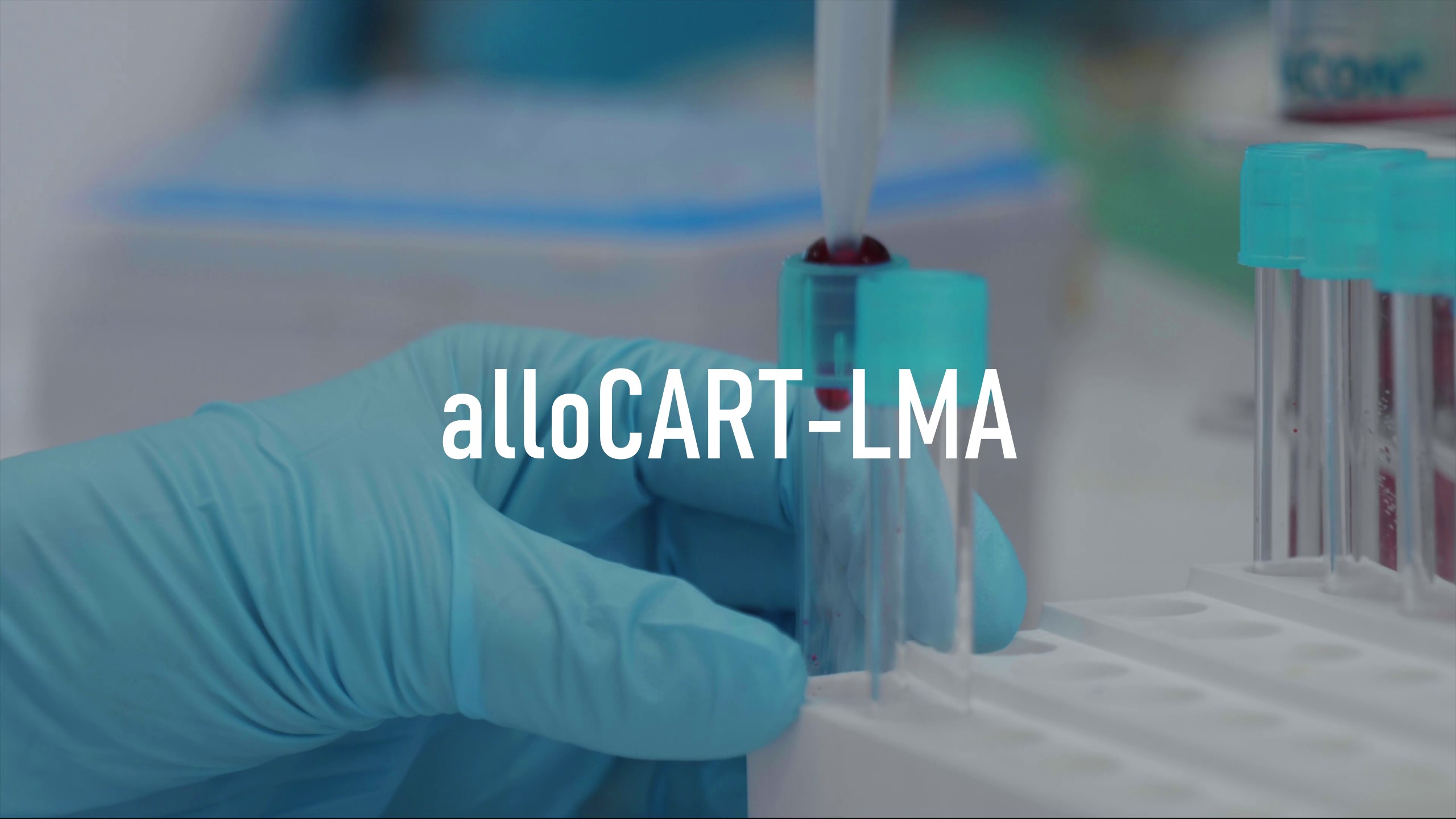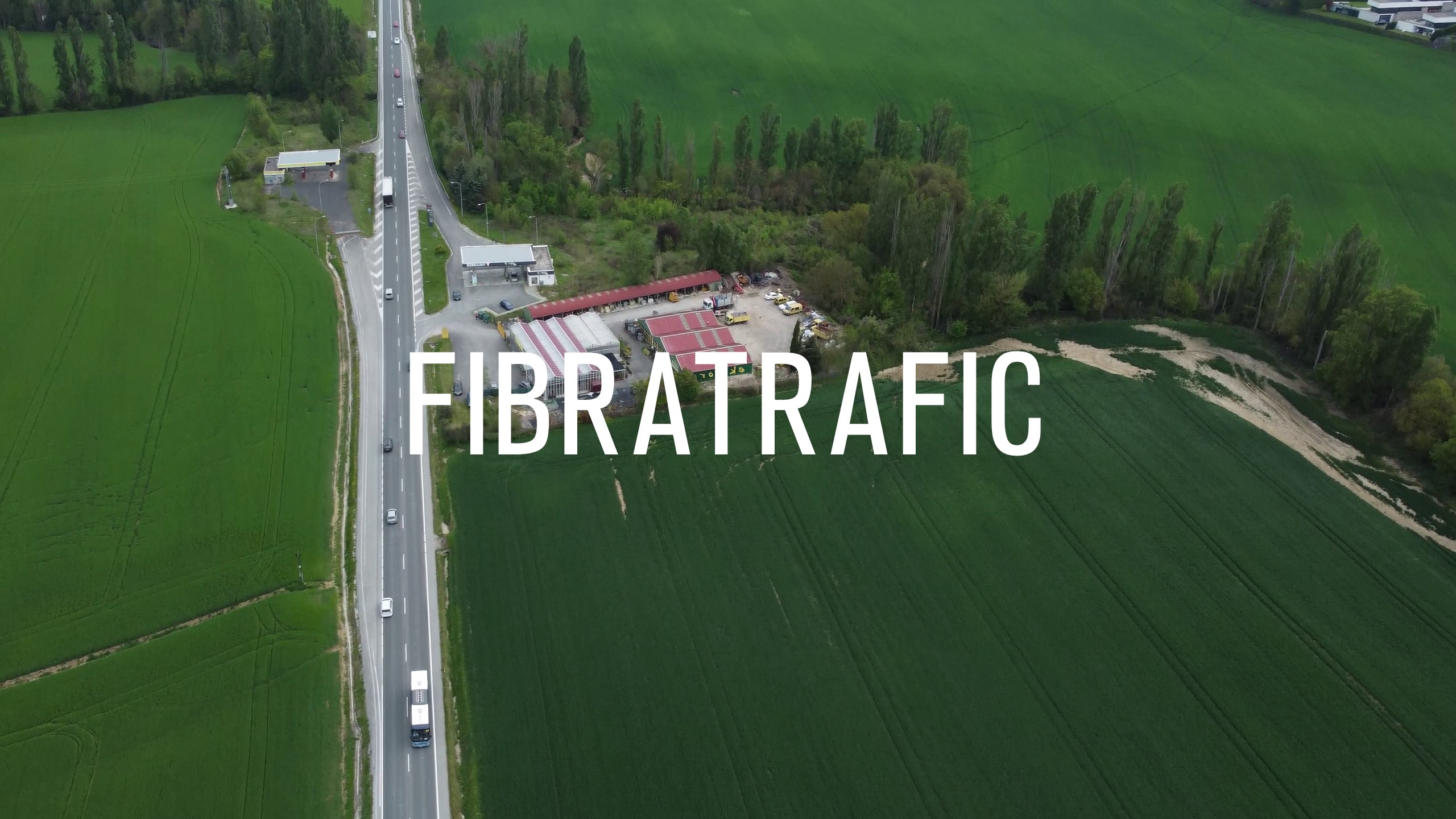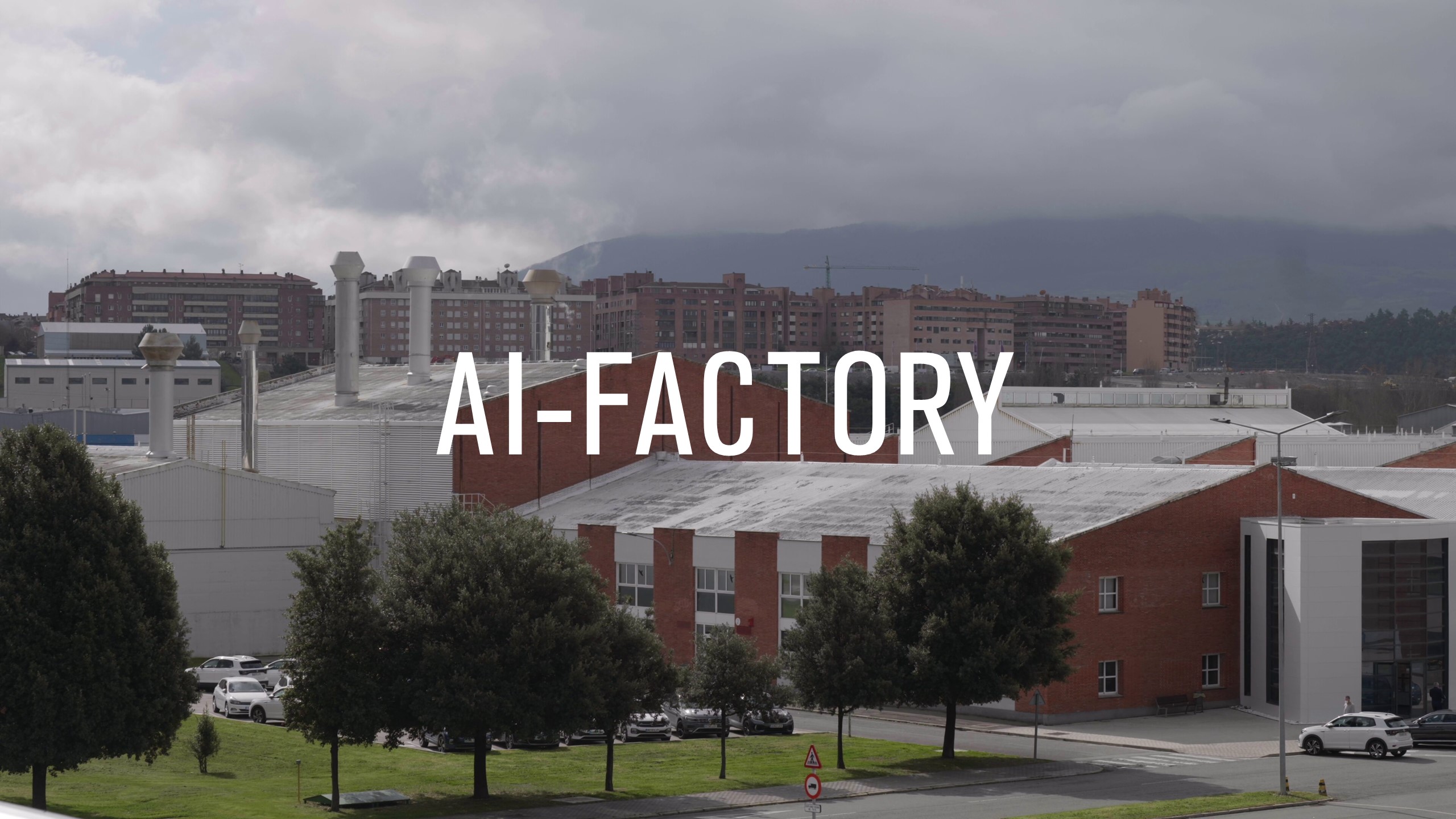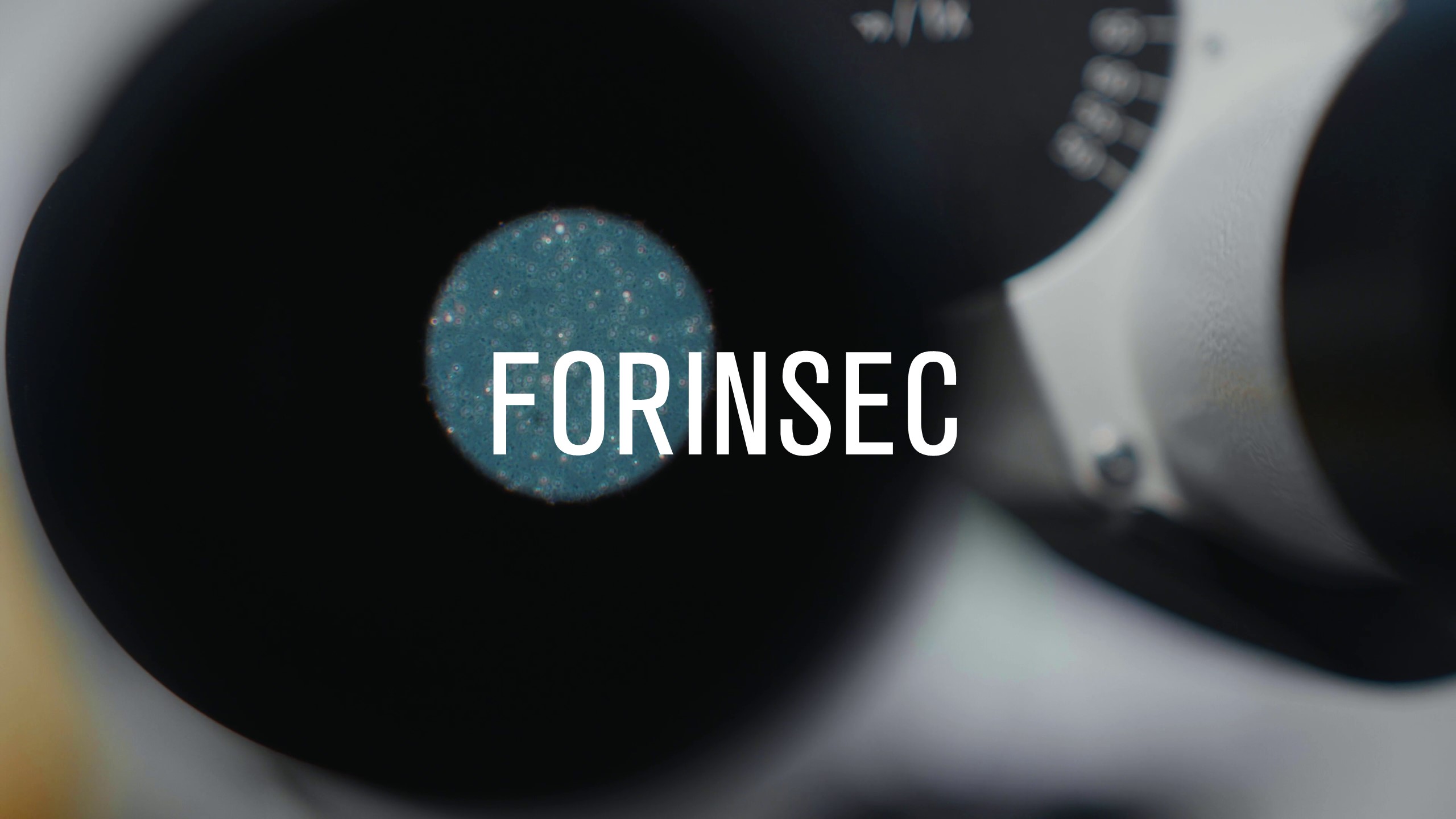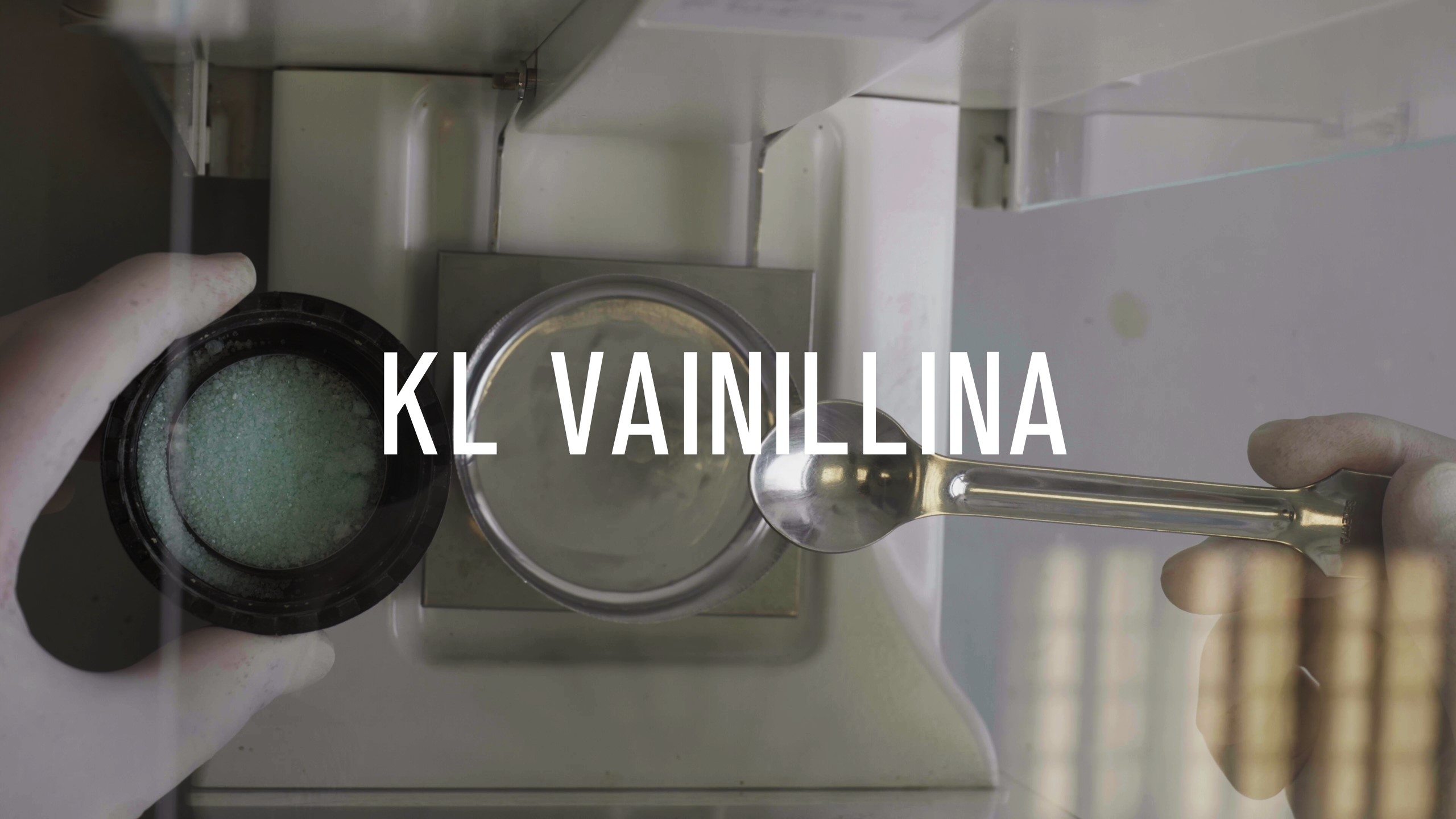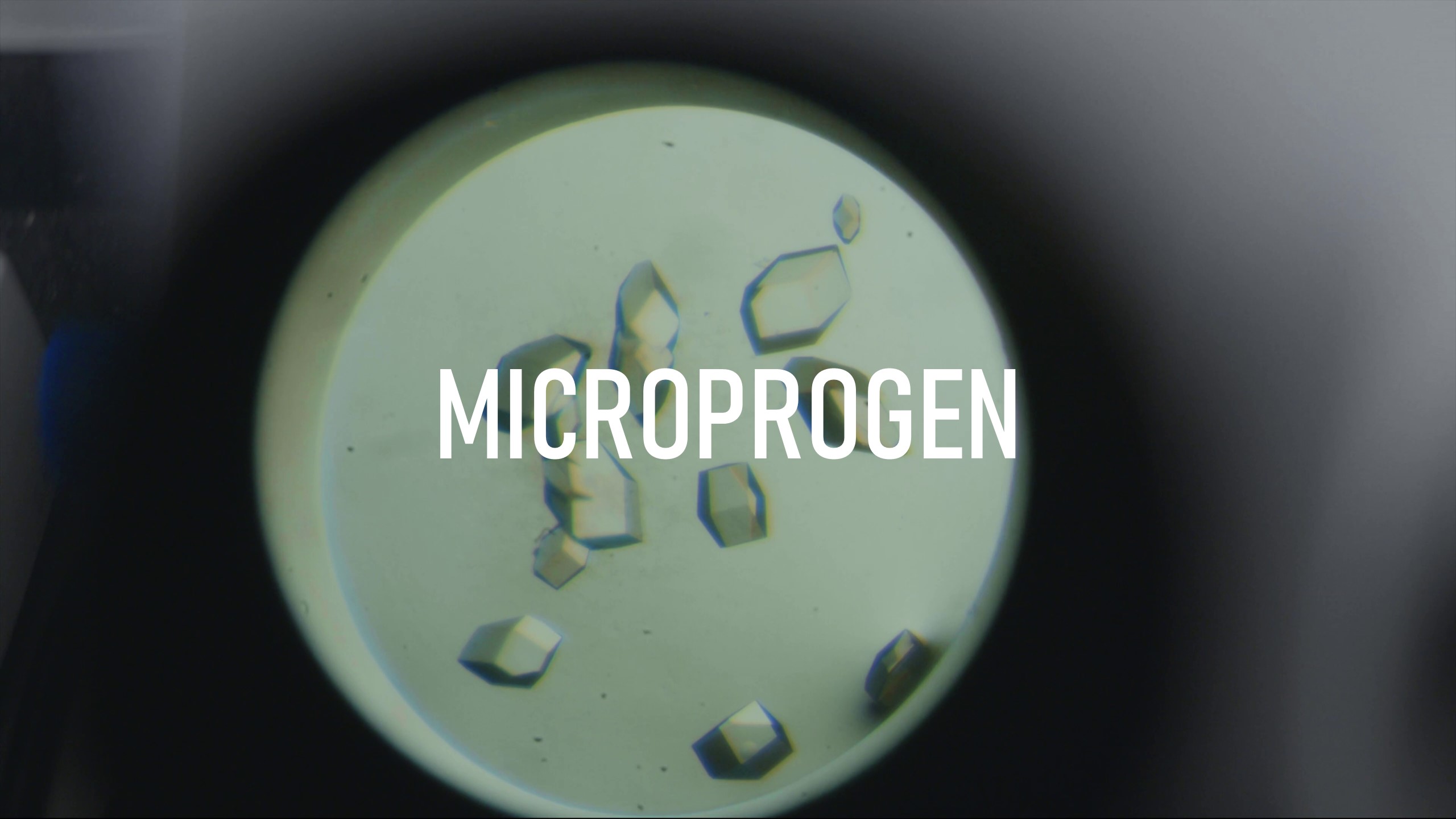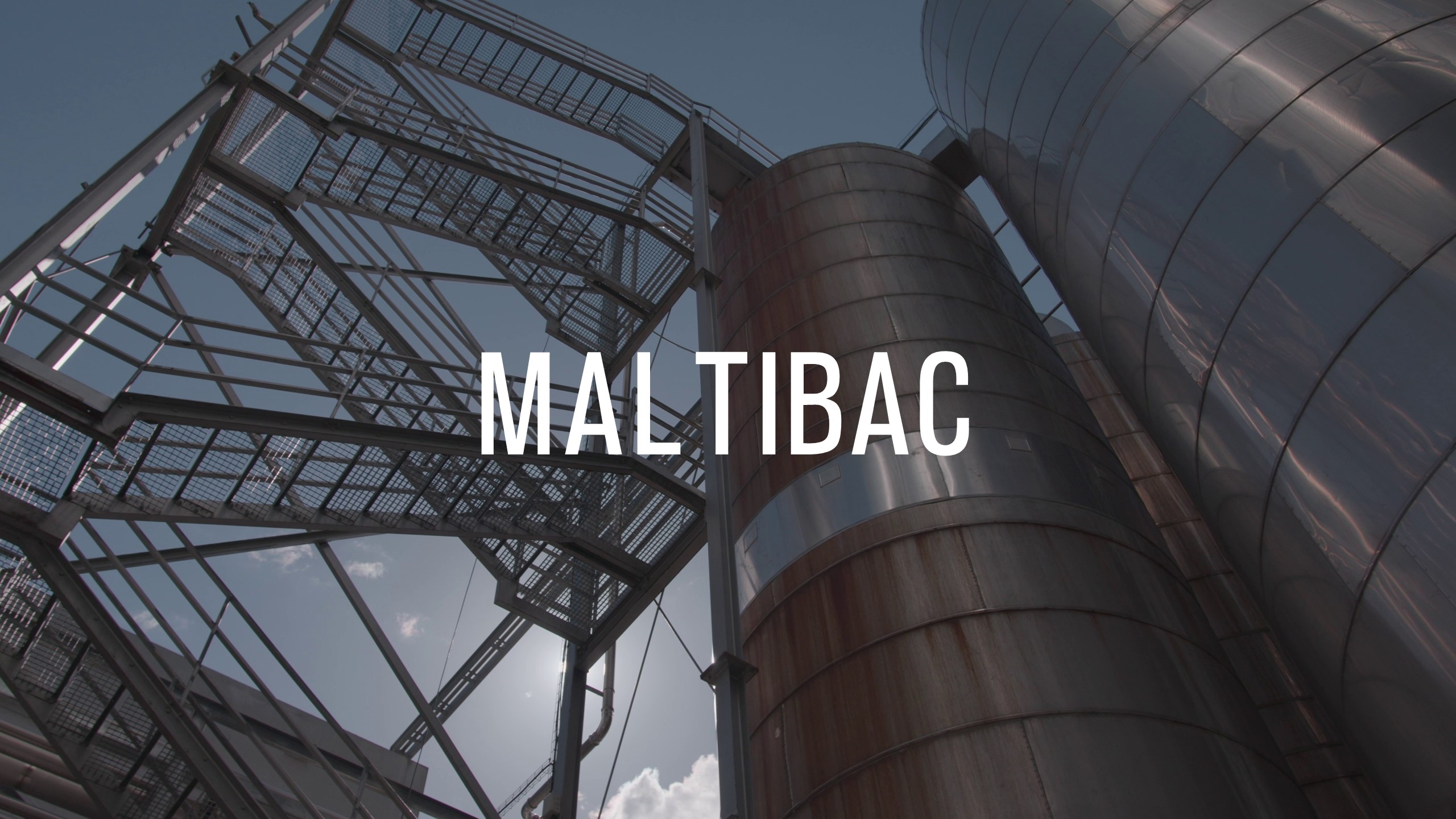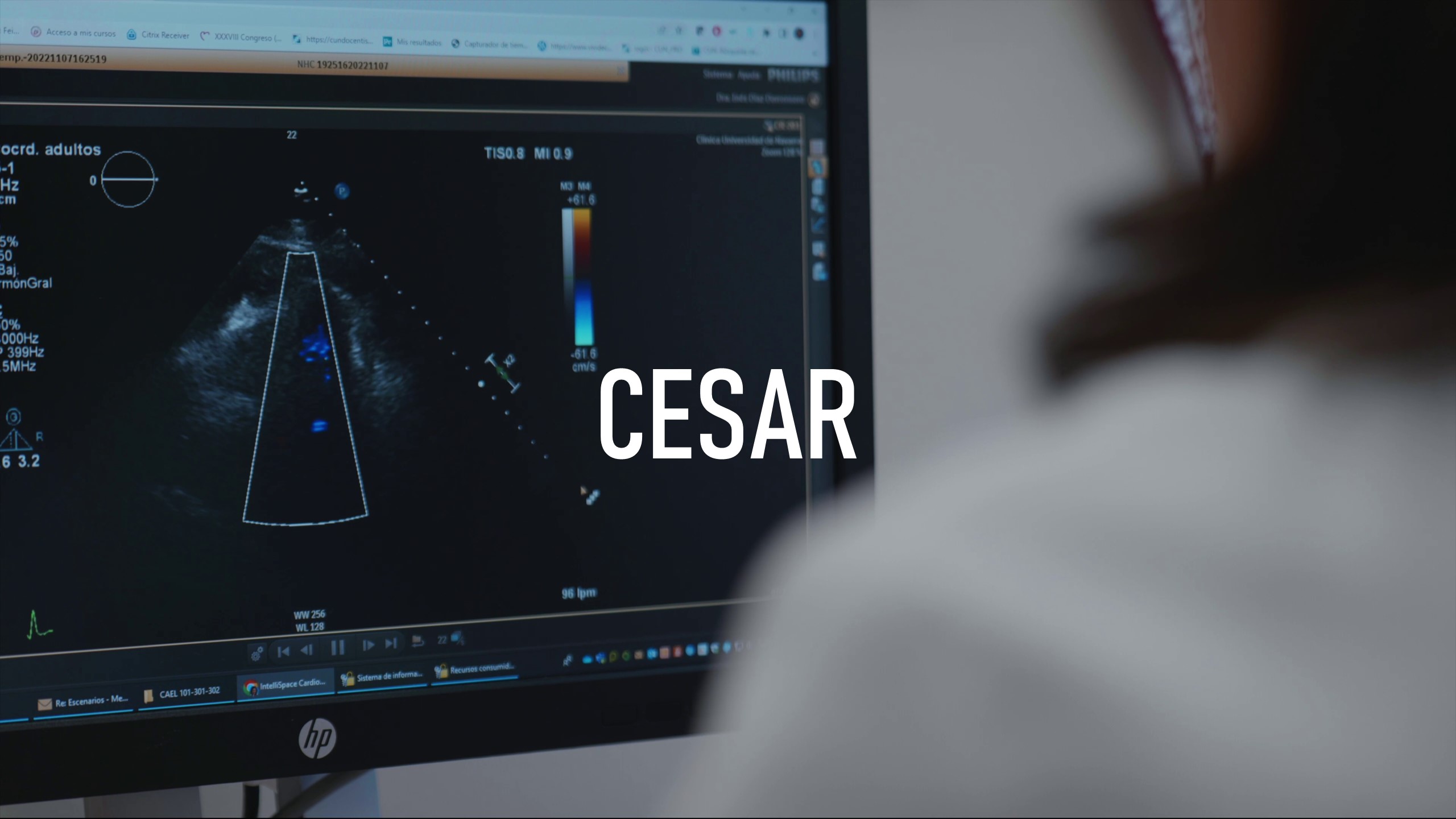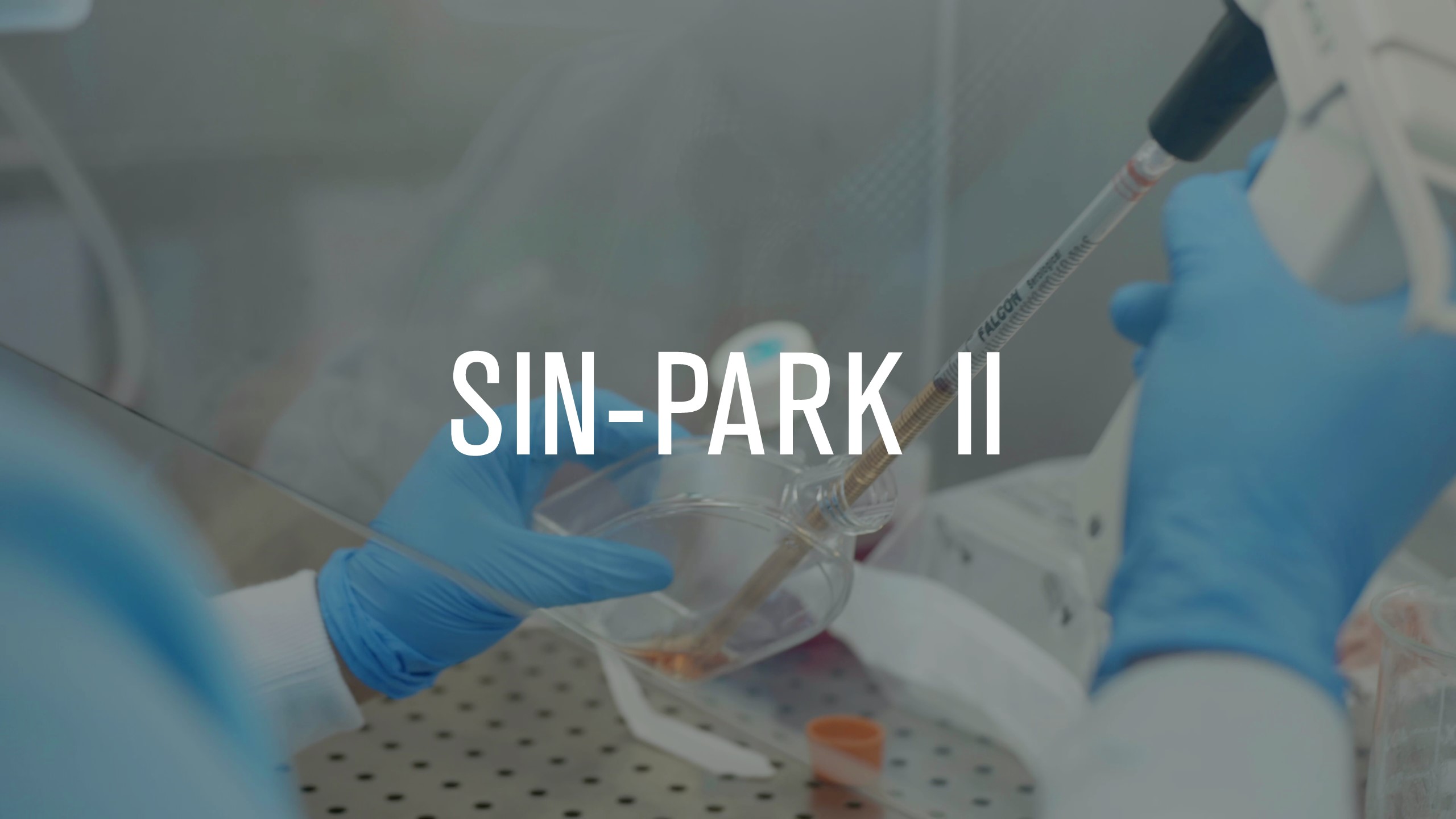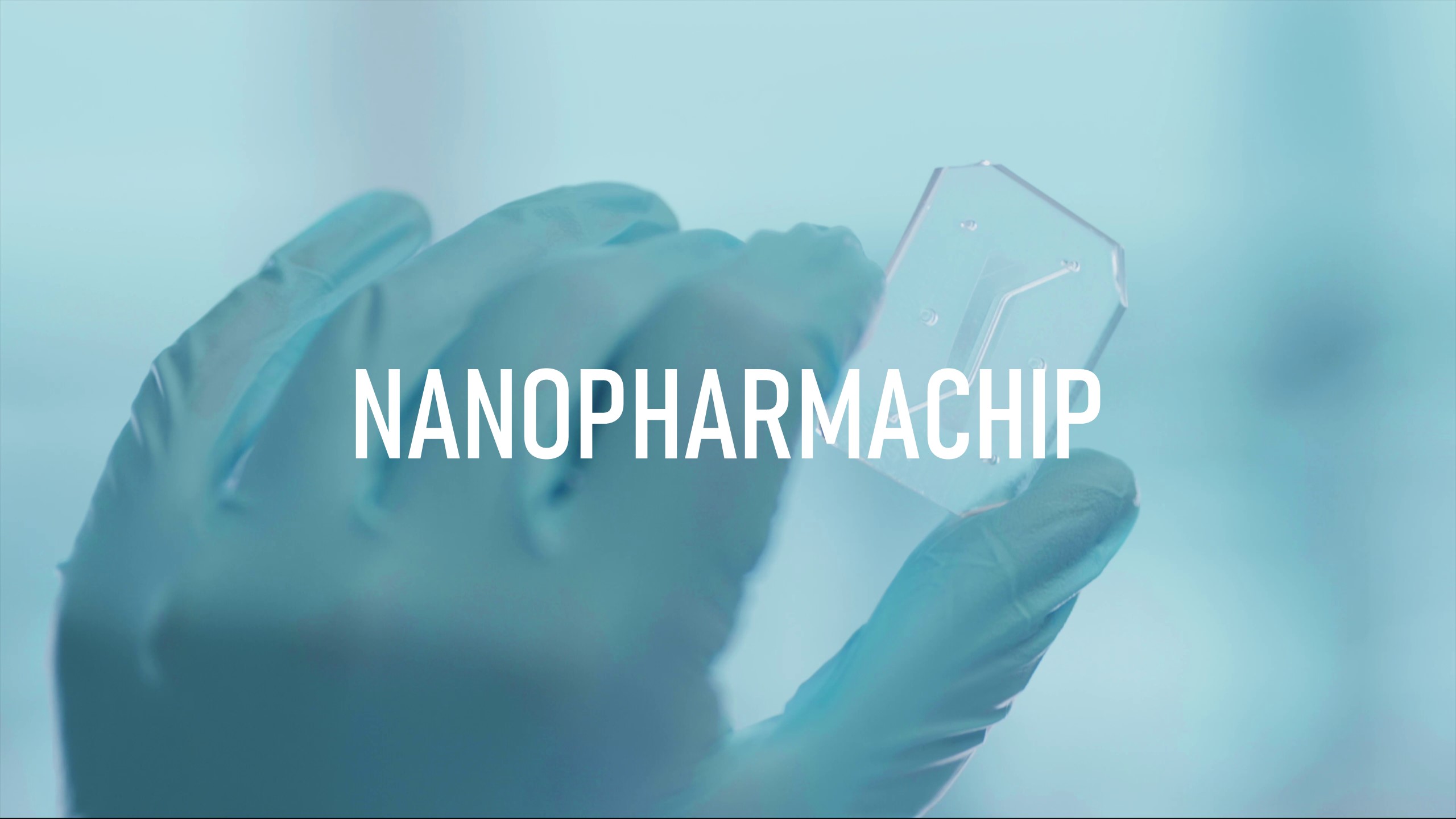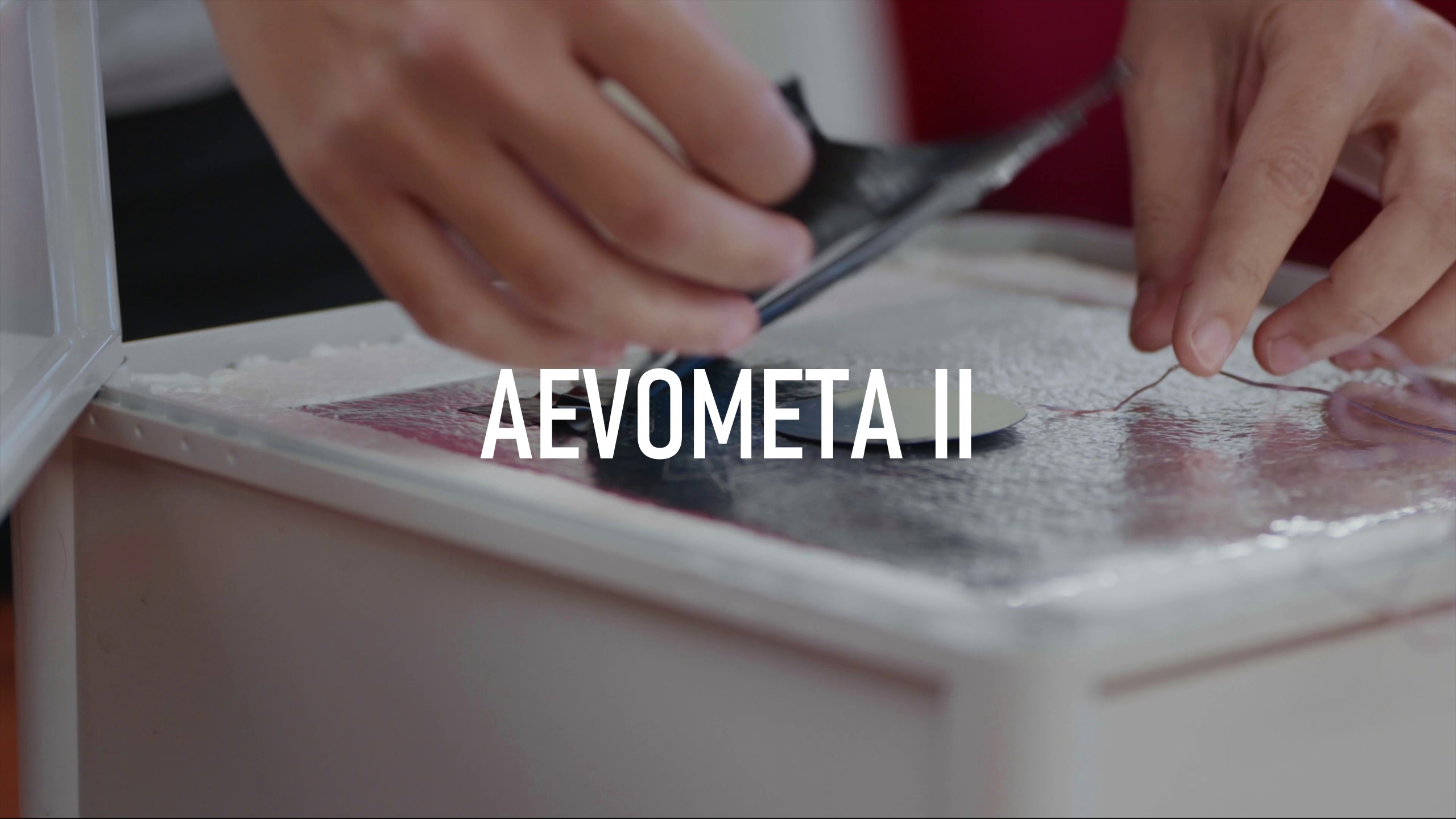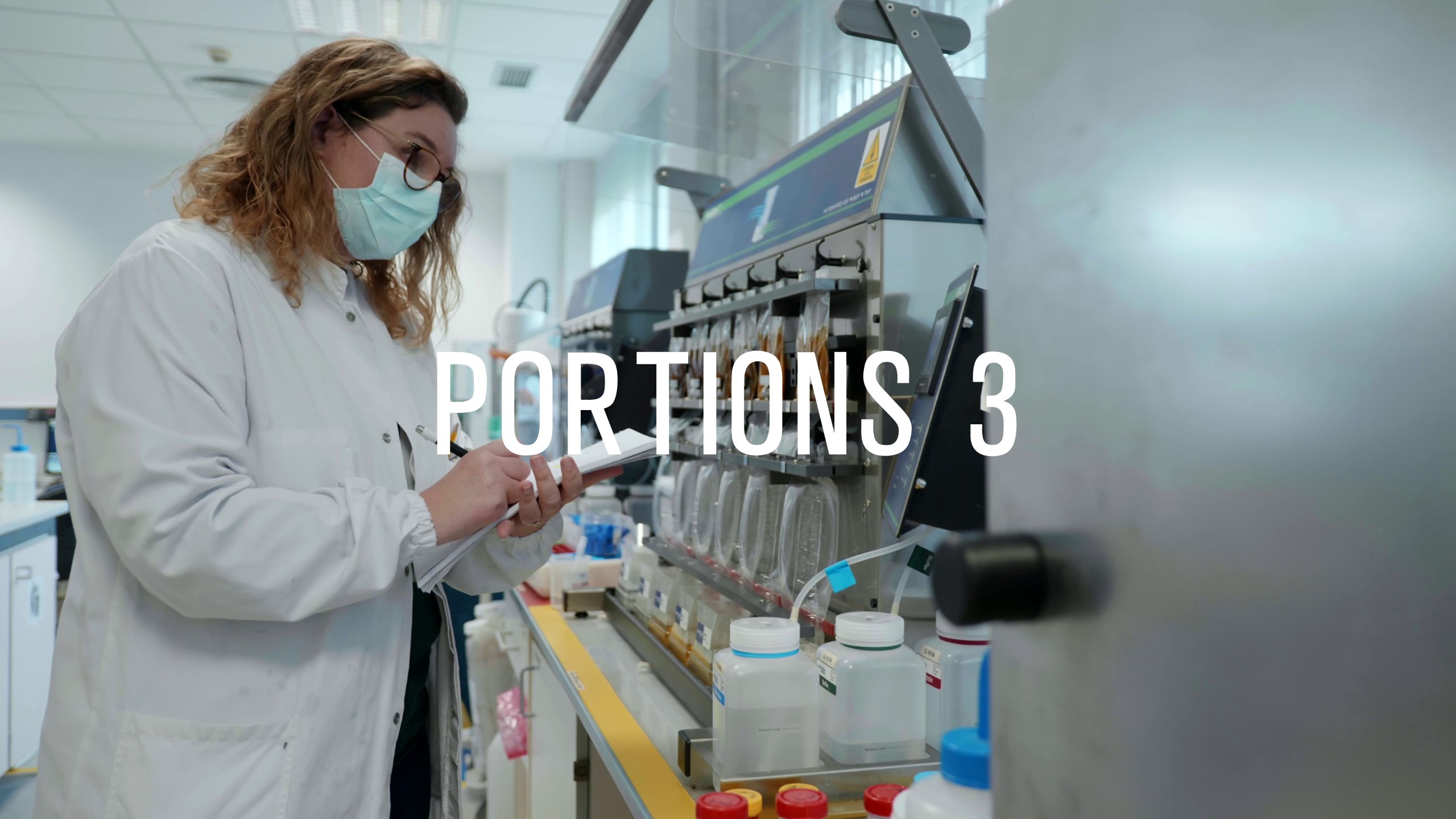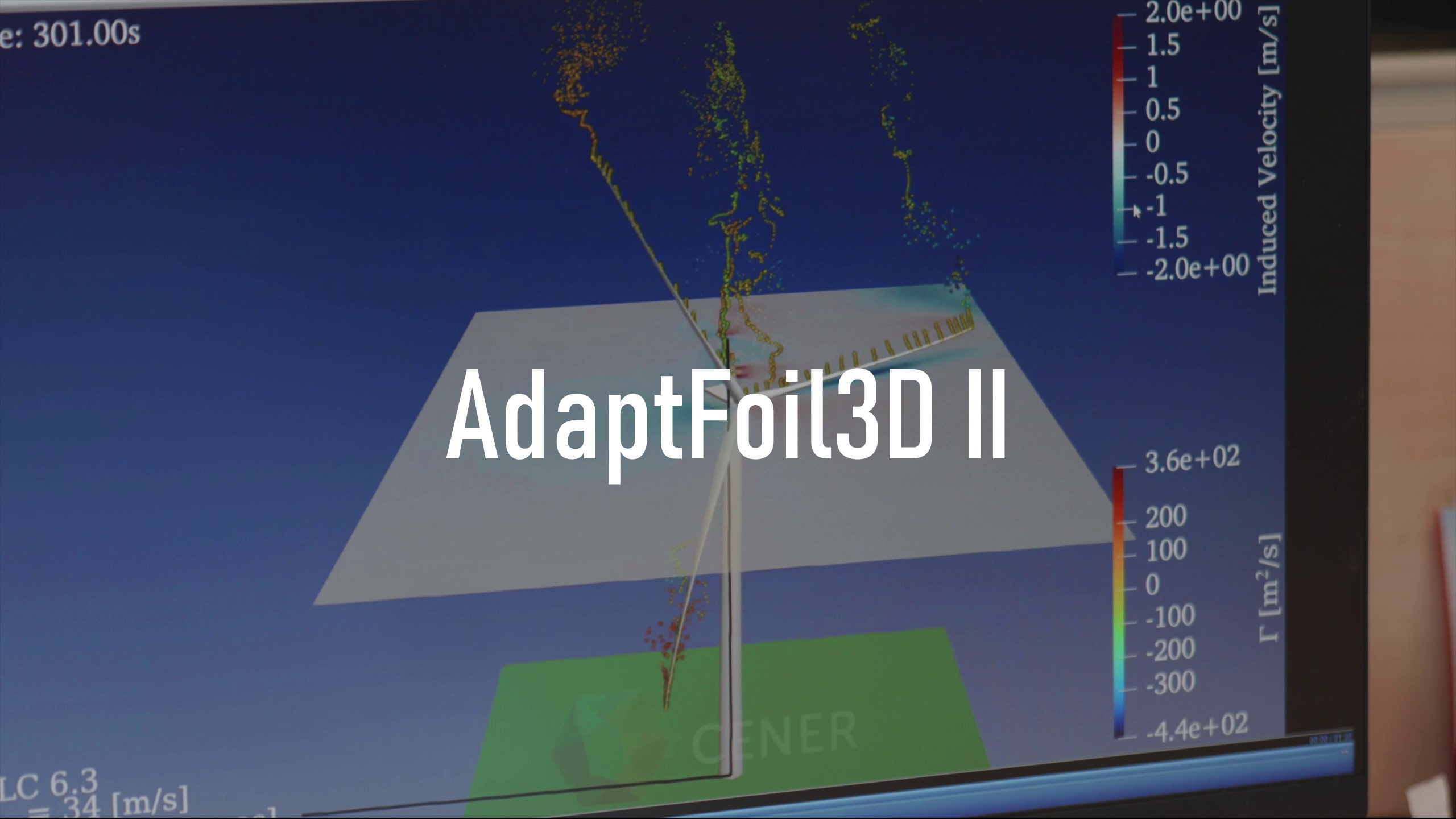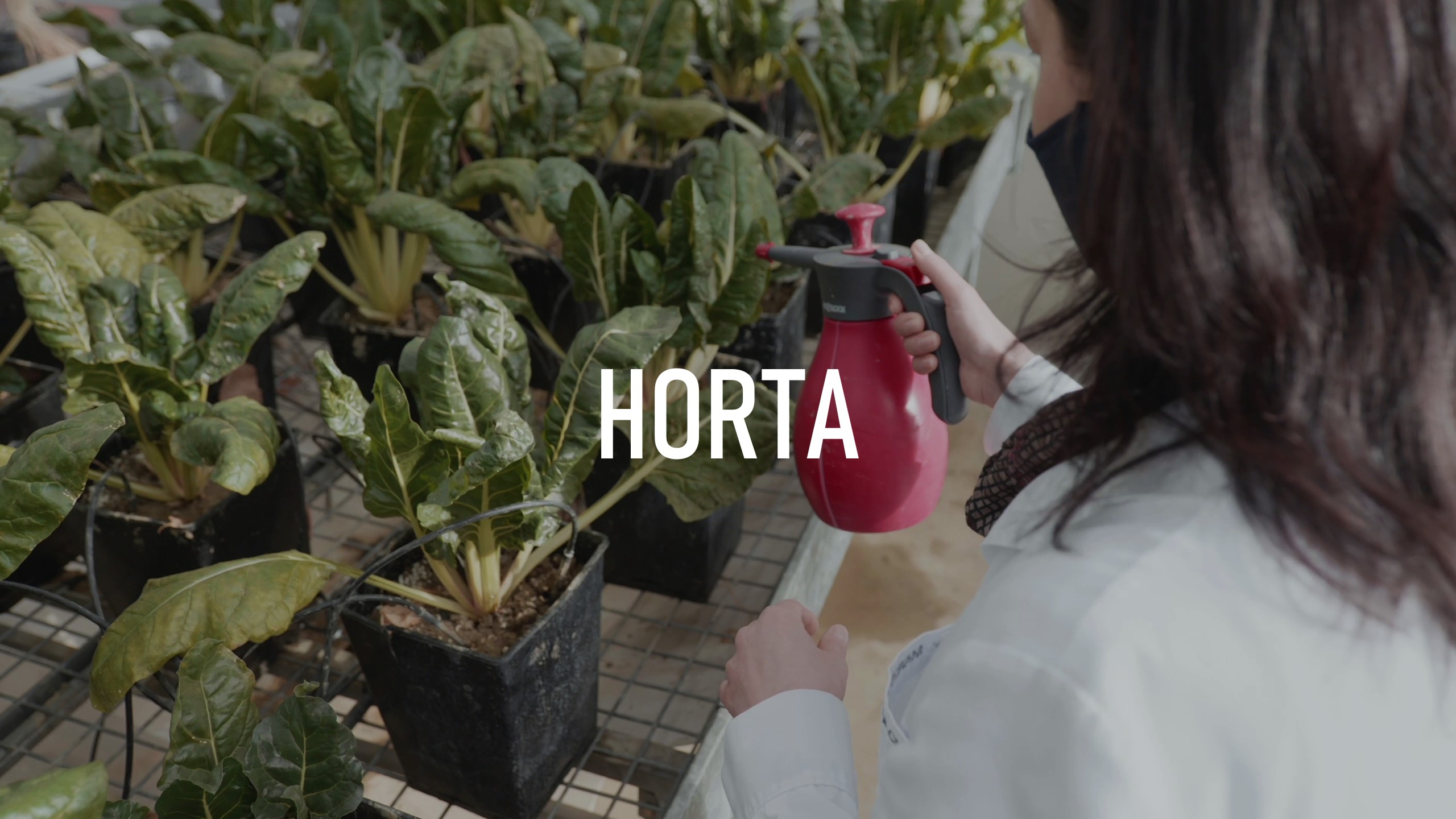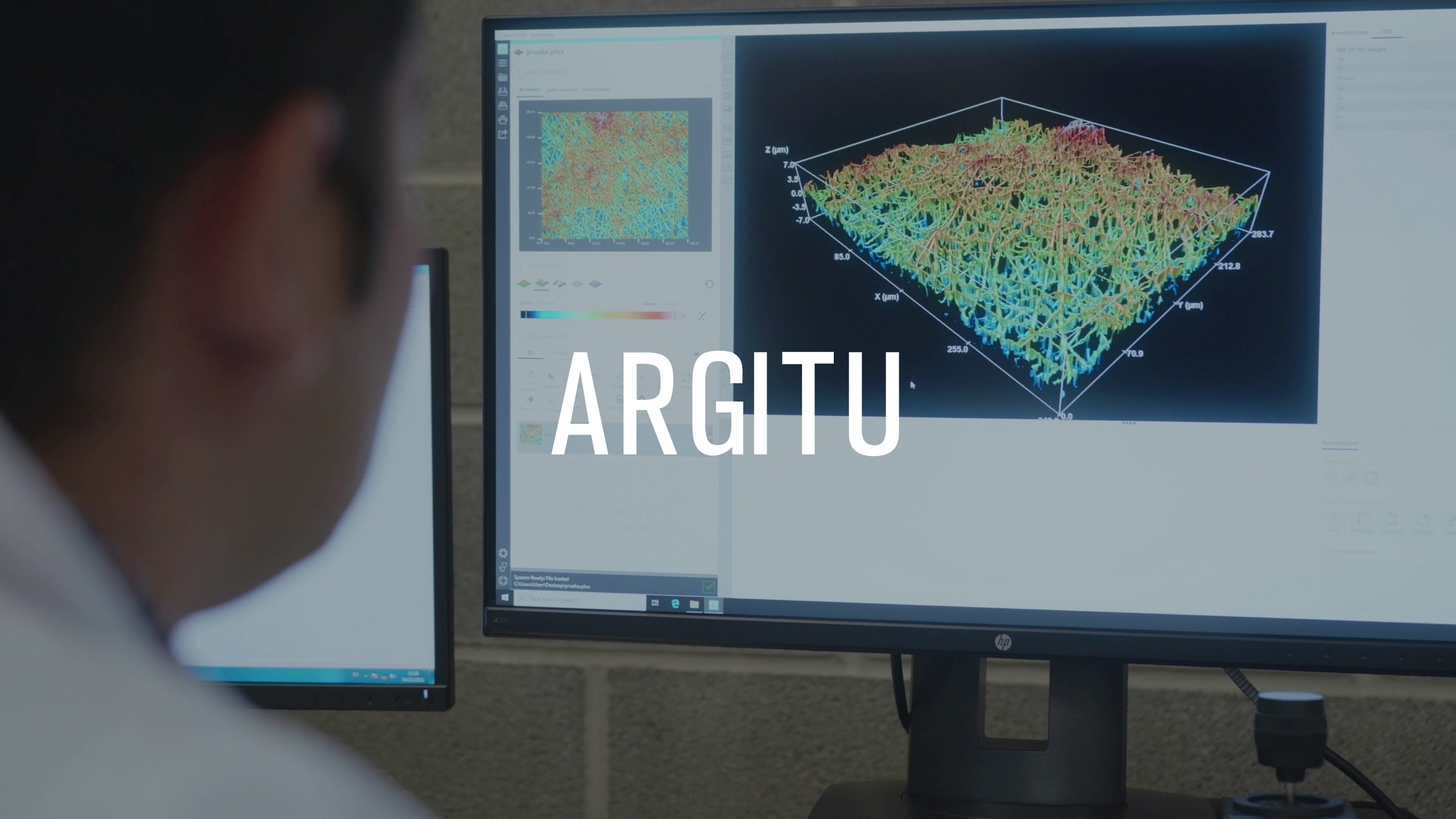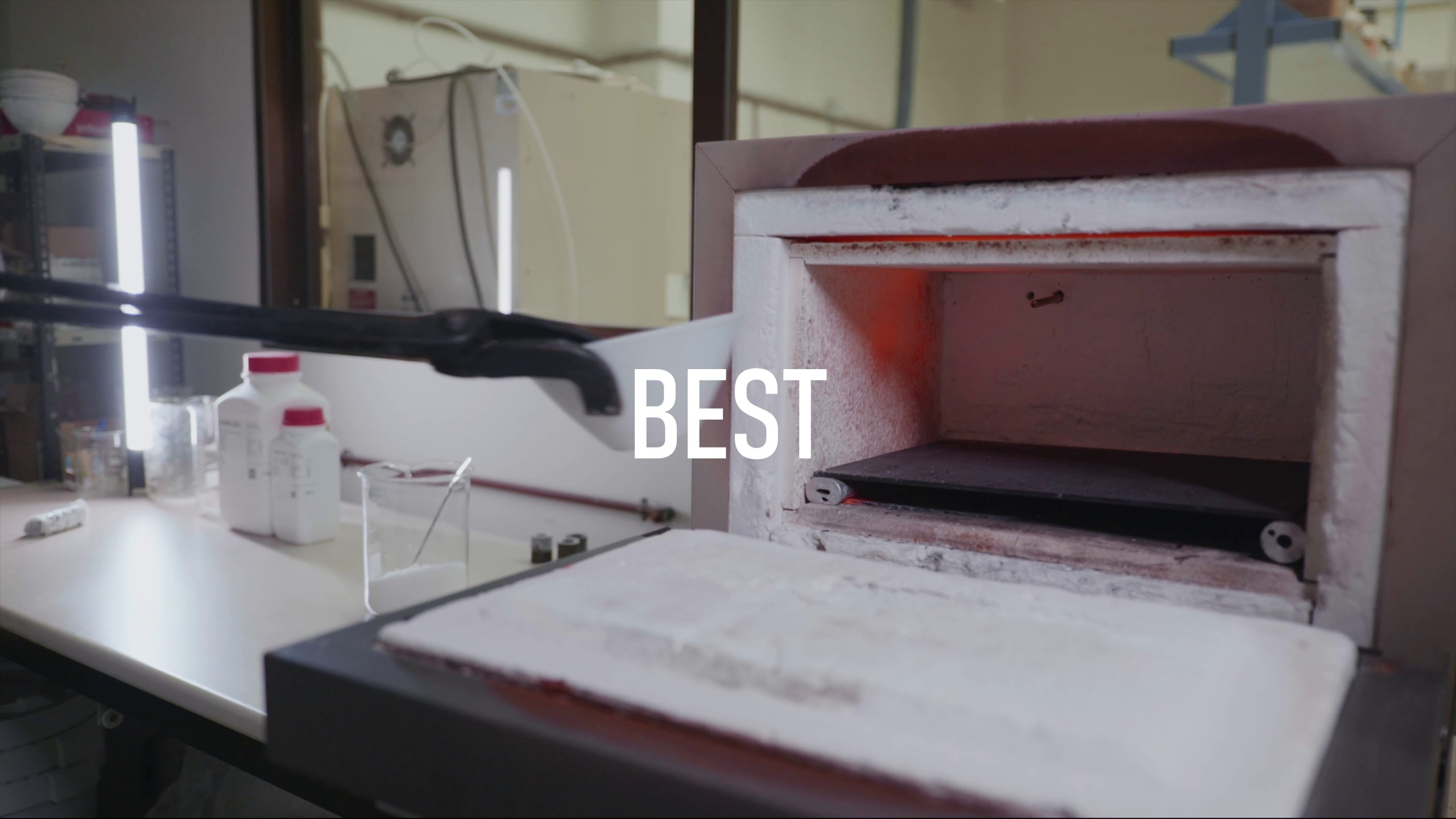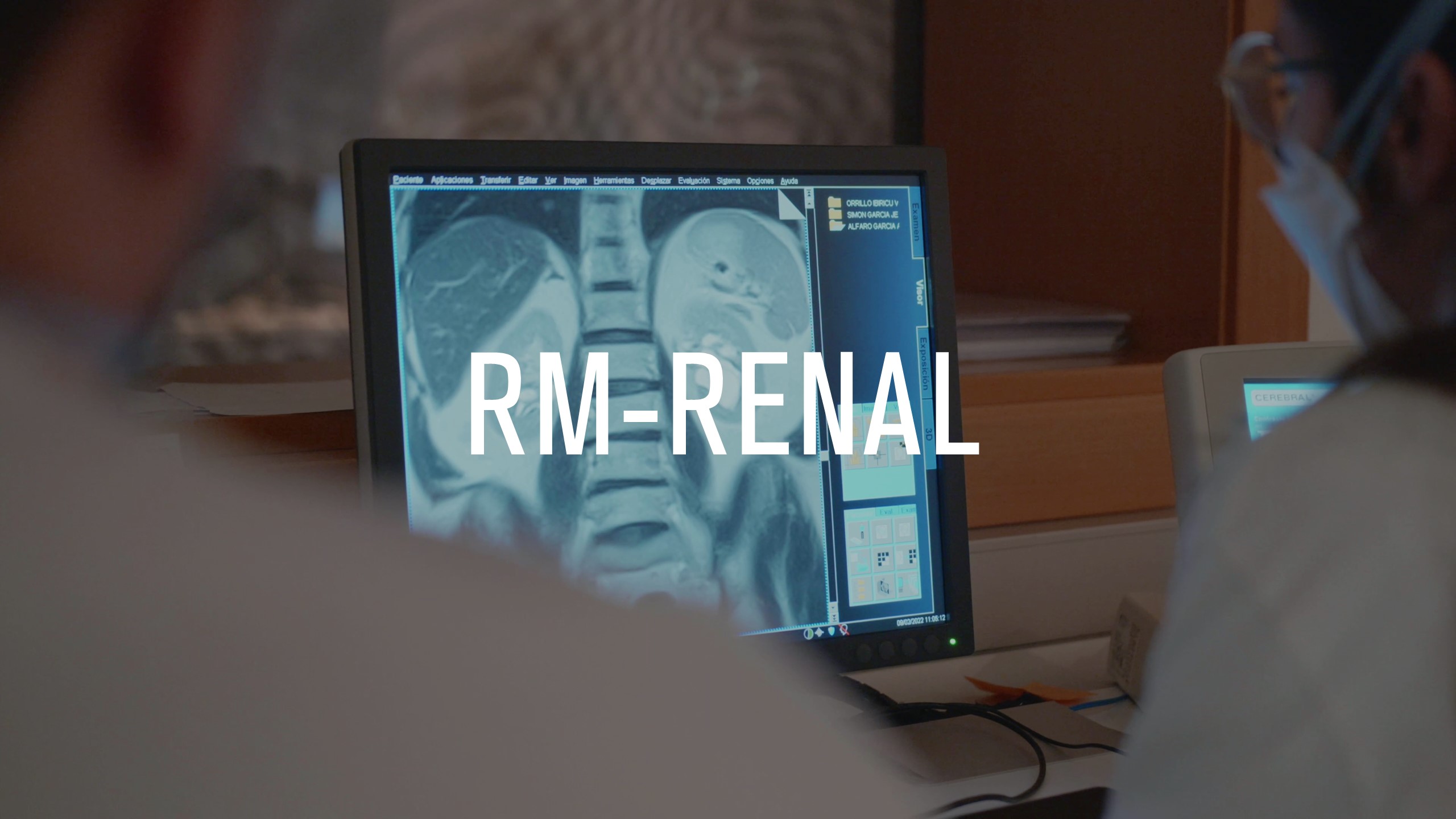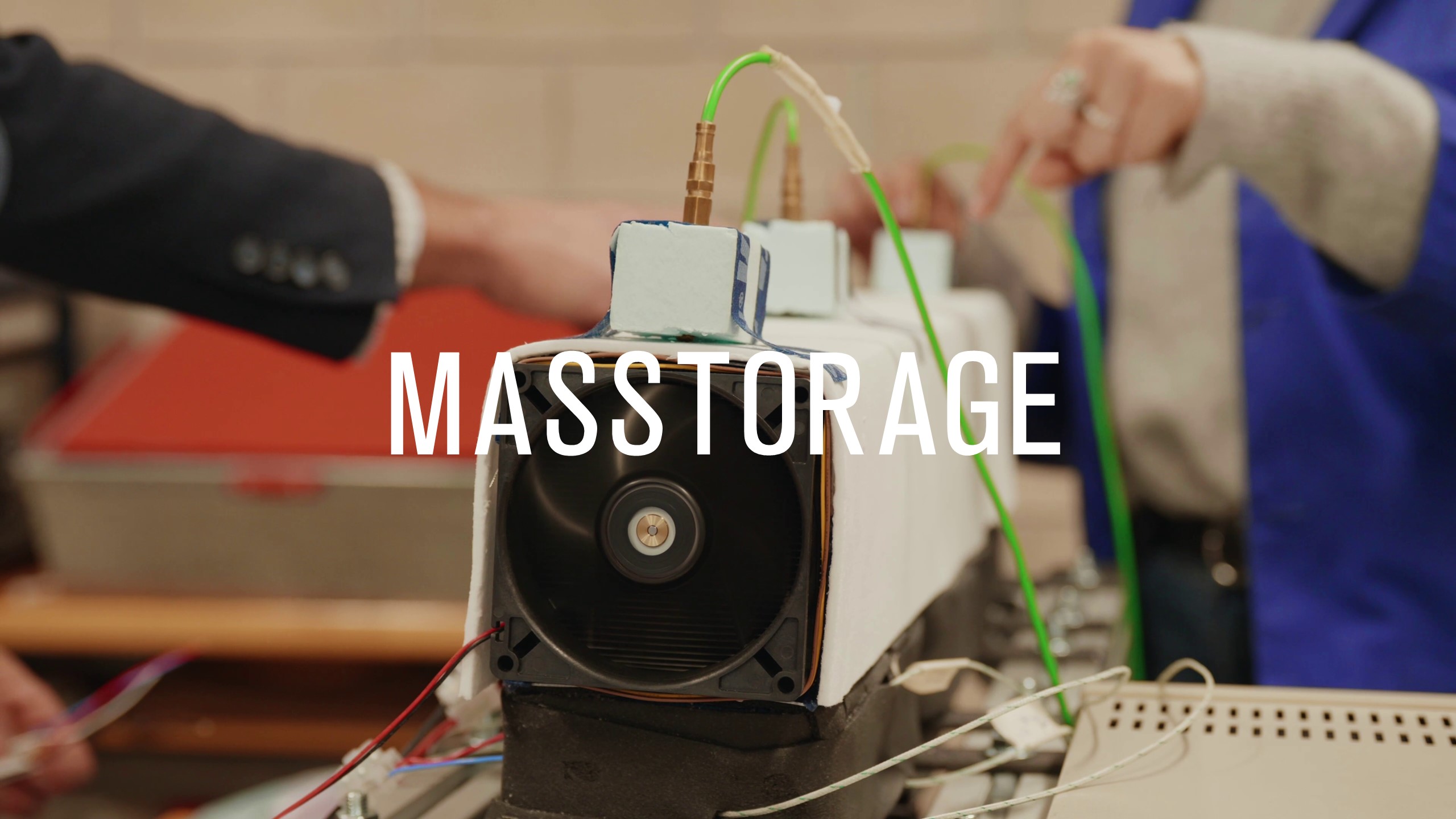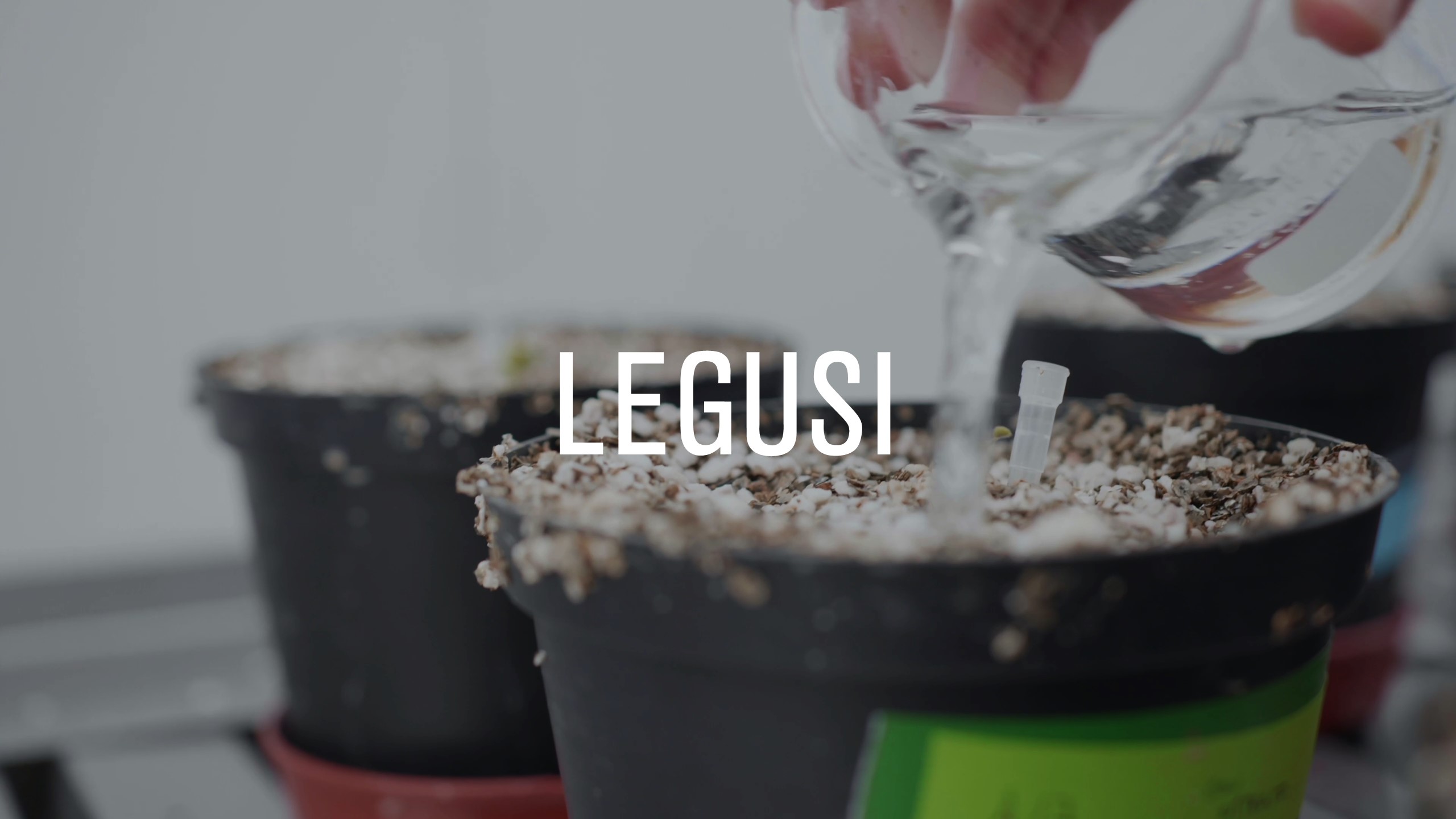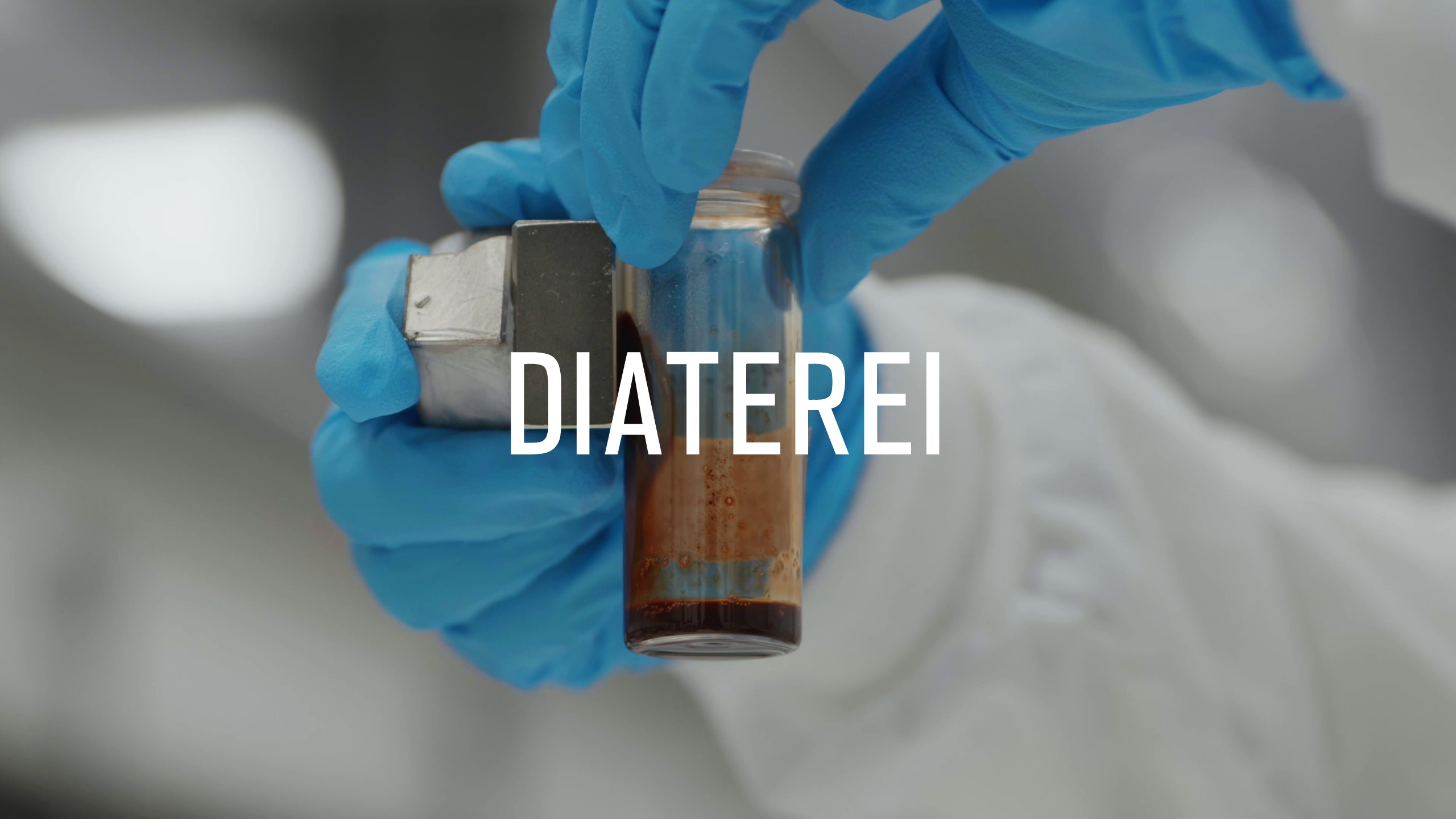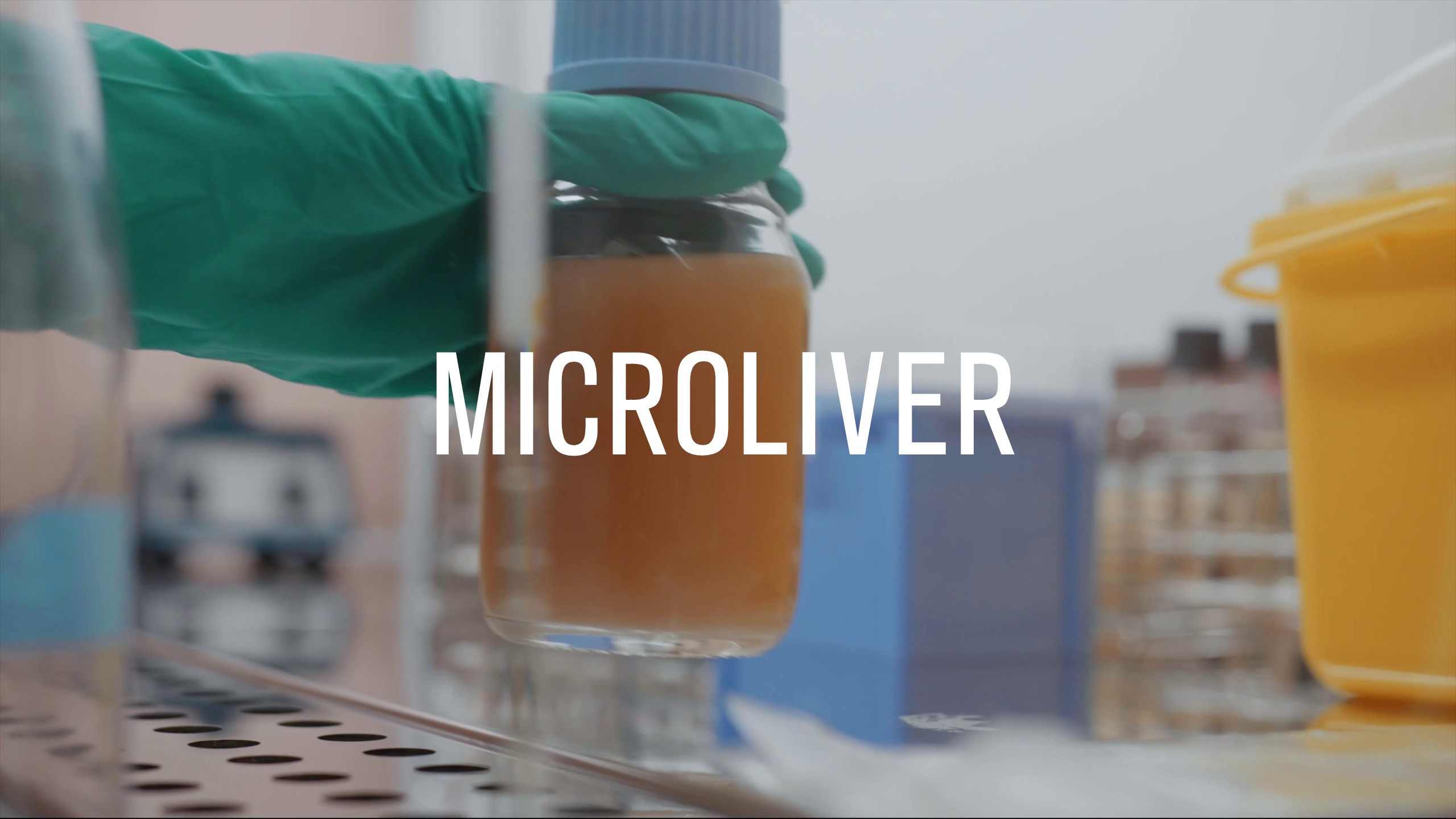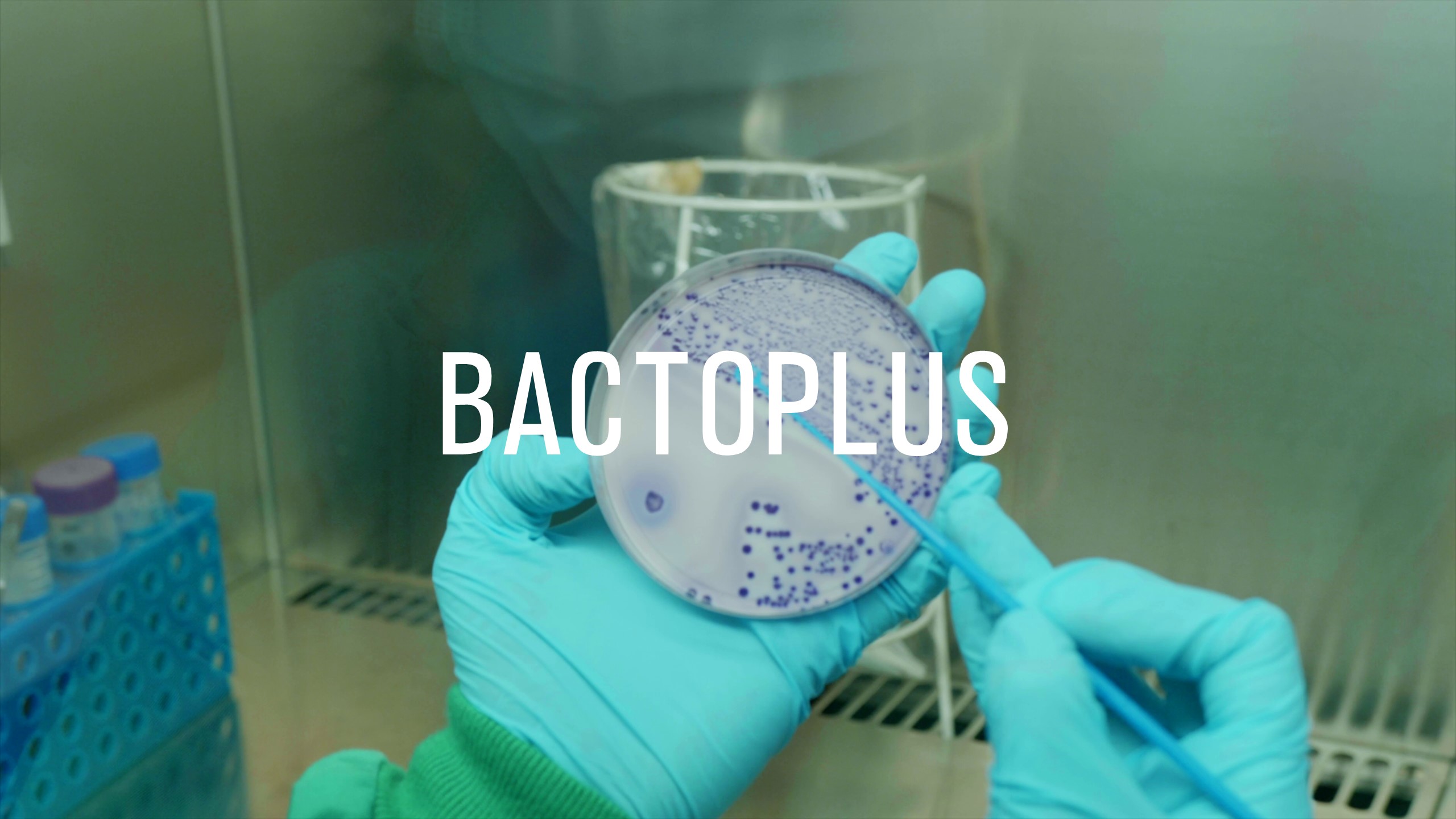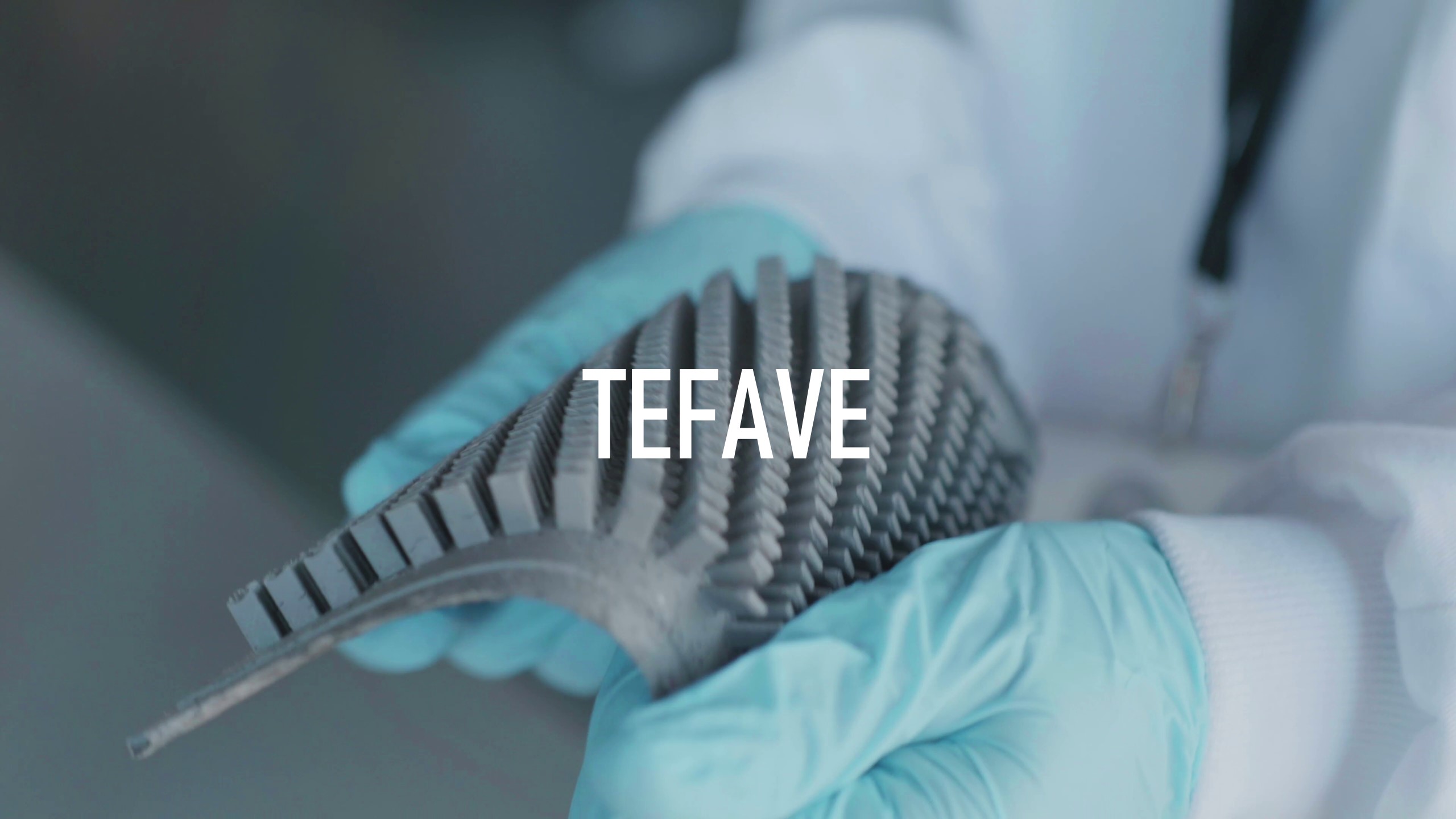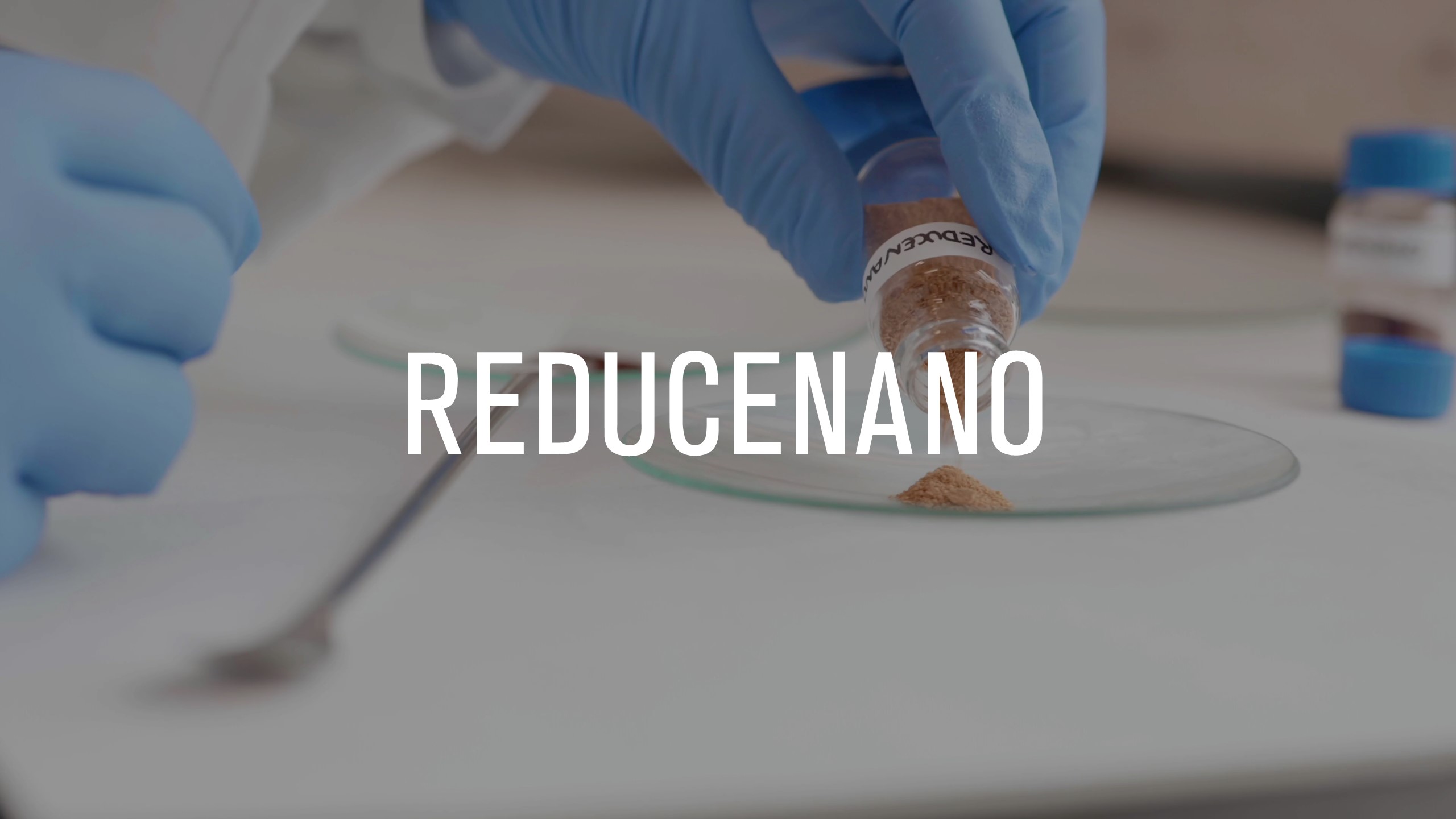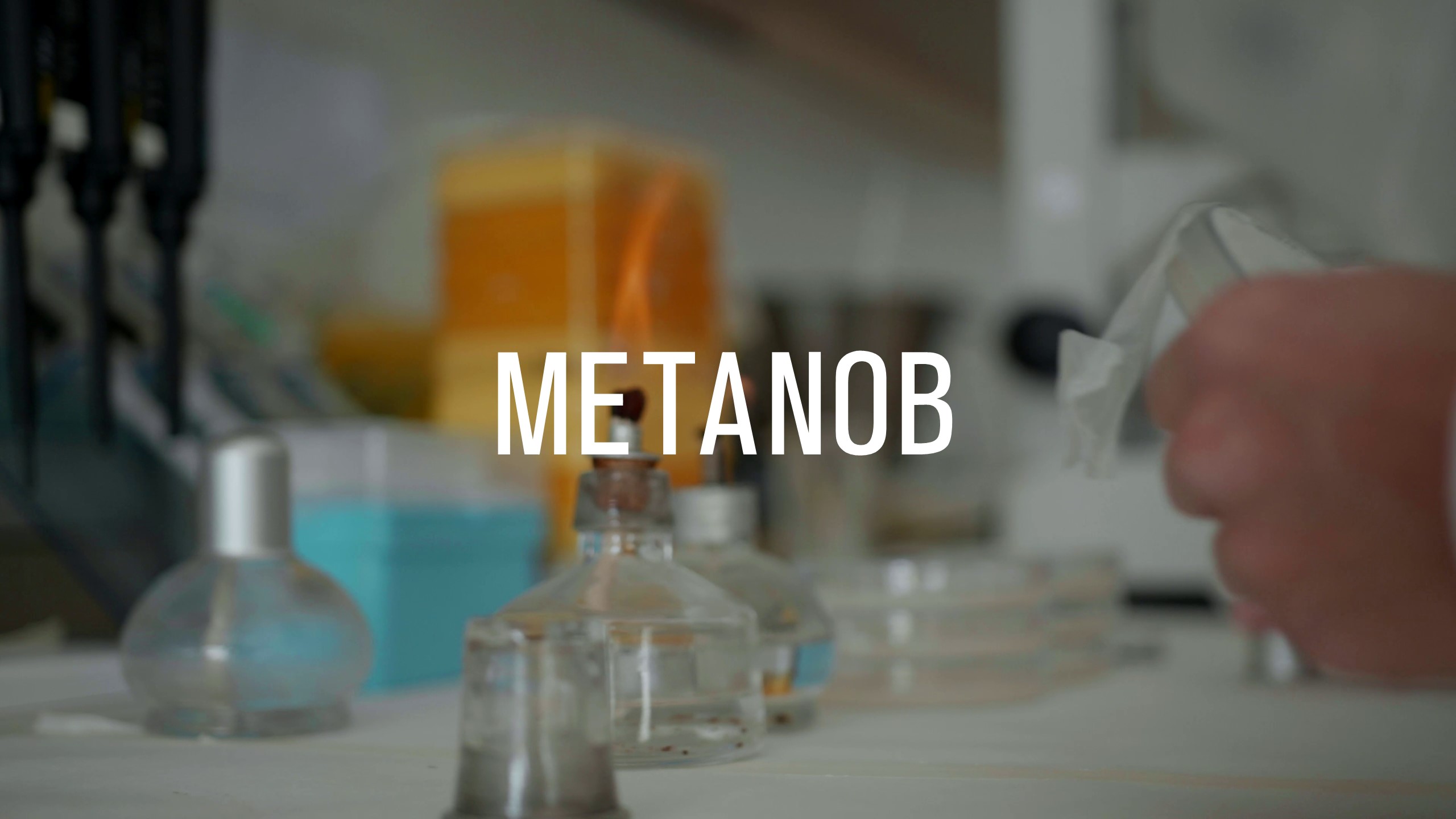The worldwide production of food and raw materials for the agrifood industry is facing enormous challenges. To the increase in polluted and unproductive agricultural land resulting from the implementation of intensive farming techniques the negative effects of climate change that limit the availability of nutrients for plants must be added. Phosphorous is an essential nutrient for plants that limits crop yields to a large extent. To meet growing food demand conventional agriculture has become dependent on the exogenous use of phosphate fertilisers. Taking the high cost of that kind of fertiliser, which is obtained from a limited natural resource like phosphate rock, into account, new strategies that improve phosphate acquisition efficiency (PAE) of plants must be designed. Based on results previously obtained by the IdAB-CSIC research group, in which it was shown that microorganisms emit compounds that promote the growth of the aerial and root parts of plants and they improve crop yields at the same time they enrich the beneficial microbiome of the soil (Sánchez-López et al., 2016a; Sánchez-López et al., 2016b; Ameztoy et al., 2019; García-Gómez et al., 2019, García-Gómez et al., 2020, Baroja-Fernández et al., 2021; patents PCT/ES2011/000125 and EPI6382146.5), we propose that using extracts obtained from liquid penicillium aurantiogriseum fungus crops in irrigation water will increase tomato crop yields in soils with a low phosphorous content. If that hypothesis is confirmed, the use of extracts obtained from P. aurantiogriseum crops will make it possible to substantially reduce the dose of phosphate fertilisers that are used in fields.
With the goal of making progress in our search for biotechnology strategies that contribute to increasing crop yields in a sustainable and environmentally friendly way in a framework of climate change, a project is proposed whose primary goal is to improve the phosphorous acquisition efficiency of plants through the use of microbial origin biostimulants produced in an optimised way. We set the following specific goals to achieve that goal.
- Study the effect of irrigation with extracts obtained from liquid P. aurantiogriseum fungus crops on root development in the PAE and tomato plant yields
- Research the biochemical and molecular mechanisms involved in plant responses to that microbial biostimulant
- Analyse the impact of using the microbial biostimulant on populations of soil microorganisms that promote phosphorous acquisition and assimilation by plants
- Optimise and scale P. aurantiogriseum growth for producing extracts with biostimulant properties
- Produce arabidopsis and tomato plants with high PAE as a consequence of the increase in the expression of genes that respond to compounds emitted by P. aurantiogriseum and that are related with root architecture or phosphorous capture
The results obtained in this project show that microbial origin biostimulants are a sustainable alternative for reducing the use of chemical fertilisers while maintaining crop yields and, consequently, agricultural profits.
The following conclusions may be drawn from this project.
- The treatment applied exercises a positive effect on (i) root development and phosphorous uptake (ii) commercial fruit production and (iii) plant metabolism in greenhouse conditions.
- In field conditions, the use of the biostimulant brings about an improvement in the yield and quality of the fruit under phosphorous deficient conditions.
- The treatment with the biostimulant affects the native microbiome of the soil regardless of the phosphorous dose used.
- The yield improvement with low doses of phosphorous could be due to the increase in the relative abundance of bacteria and fungus species that favours phosphorous solubilisation.
- The production protocol for the biostimulant used is suitable and, for the time being, the optimal growth medium is MSO with sucrose.
- A production cost of €1.70/L was determined for the biostimulant, which is a competitive price that can allow it to be put on the market.
- It was determined that production of two litres of biostimulant compared with 2.69 kg of phosphate fertiliser, which covers an area of 108 m2, has a lower impact in the three indicators analysed, which were climate change, energy from fossil fuels, and fossil resource depletion.
- It was possible to produce arabidopsis and tomato plants that overexpress the significant genes that affect plant root development.
- The coordinated overexpression of the three genes studied could explain, at least in part, the growth improvement of the arabidopsis plants and the yield improvement of the tomato plants treated with the P. aurantiogriseum metabolites.




